Nazli Akhtari
Nazli Akhtari is Assistant Professor in the Department of Communication Arts at the University of Waterloo. Her research engages questions of critical historiography and minoritarian archives within the context of Diaspora and Empire. She has published pieces in Theater, Camera Obscura, the Journal of Middle East Women’s Studies, and Performance Matters.
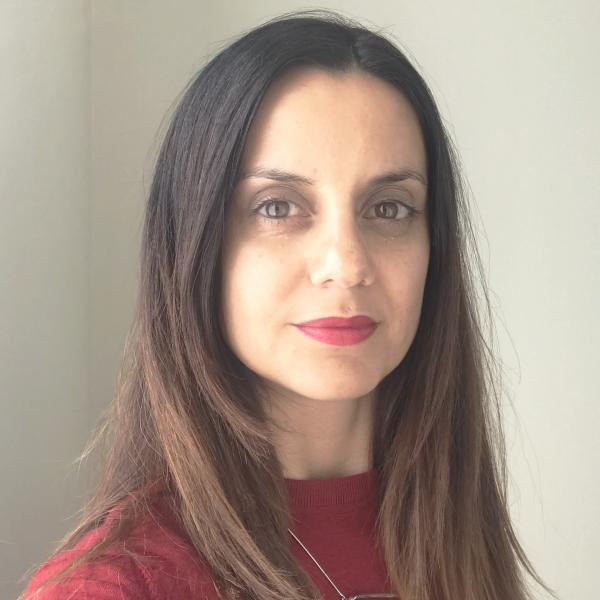
Paula Albuquerque
Paula Albuquerque is an artist and scholar showing work in solo exhibitions at galleries, i.e., Zone2Source (2024); international film festivals, i.e., DocLisboa (2023); and conferences, i.e., Visible Evidence (2023). Published the books Enter the Ghost—Haunted Media Ecologies (2020) and The Webcam as an Emerging Cinematic Medium (2018). Senior Researcher at Gerrit Rietveld Academie.

Diat Alferink
Diat Alferink is from the Kala Lagaw Ya Language group from the Western Torres Strait Islands. CEO of the Torres Strait Islander Media Association. With over 25 years in the arts and media industry, Diat aims to empower Torres Strait Islander and Aboriginal people through arts and cultural activities.
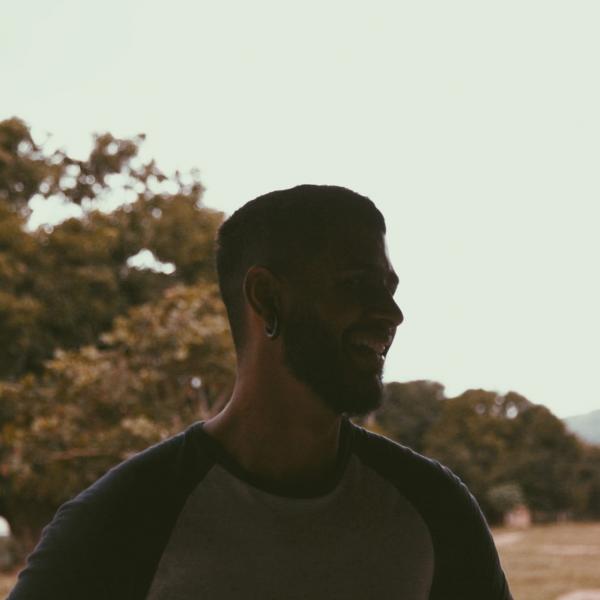
Nathan Alves
Nathan Alves is a PhD Student of Anthropology: Displays of Culture and Museology on NOVA University of Lisbon (UNL-FCSH). Is a Scholarship Holder (2022-2027) with PhD research financial support by the Foundation for Science and Tecnology of Portugal (FCT). Graduated in Social Sciences at the Federal University of Tocantins, on Brazilian's Amazon. In 2023-2024, worked in the Image and Sound Museum of Paraná (MIS-PR), in Brazil, at the archive and research sector. Before that, in 2022, Worked in another two important Brazilian Museums, on the collection sector of the Contemporary Art Museum of Paraná (MAC-PR) and at the Archeology Department (MUPA-PR), the third oldest museum of Brazil.
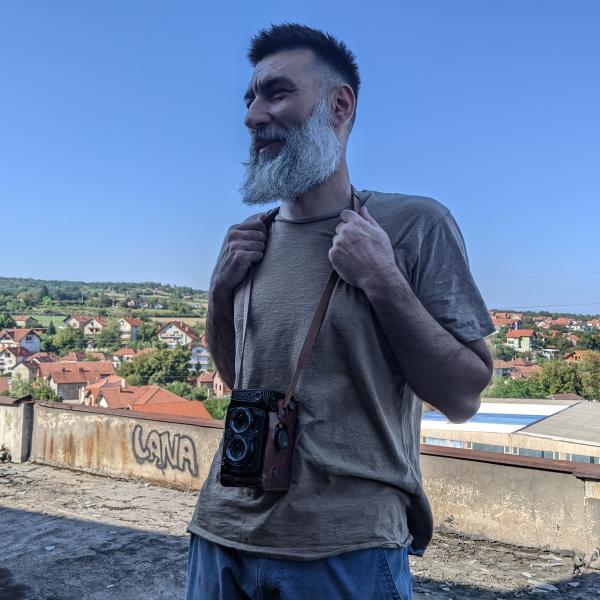
Mikica Andrejić
Mikica Andrejić is a photographer based in Zaječar, Serbia. His focus is documentary, architecture, stage, and portrait photography. He is also active in the field of analog photography and has given workshops on the topic in schools in the Timok Region Valley. He has completed several digitizing projects since 2020. https://www.facebook.com/cujeslibuku
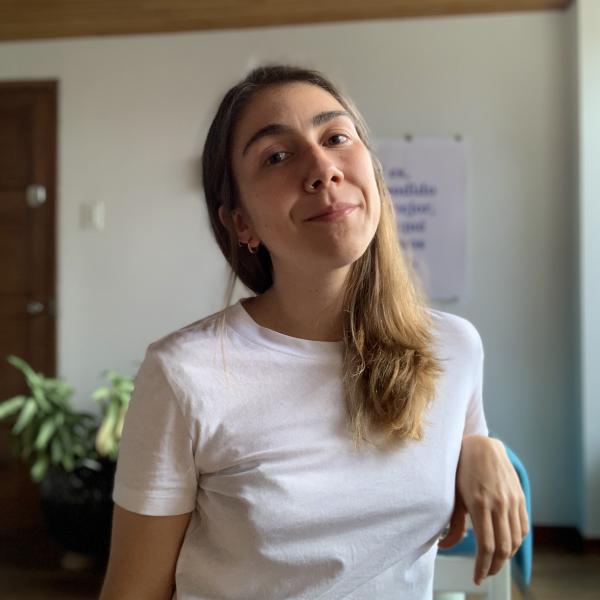
Nicole Cartier Barrera
Nicole Cartier Barrera is a researcher, writer, and curator from Bogotá, Colombia. Her practice focuses on contemporary visual culture in Latin America, the relationship between images and socio-political movements, and the consolidation and circulation of narratives of resistance, materializing in collaborative and independent editorial projects. She holds a double BA in Visual Art and Art History from Los Andes University (2018) and a graduate degree in Visual Studies from the University of Toronto (2022).

Marcel Beltrán
Marcel Beltrán is a Cuban filmmaker working with analog film processes to portray his country. Based in São Paulo since 2019, his work merges memory and life experience, bridging the poetic and political / the intimate and public. His films have been screened at festivals including IDFA, and MoMa Doc Fortnight.
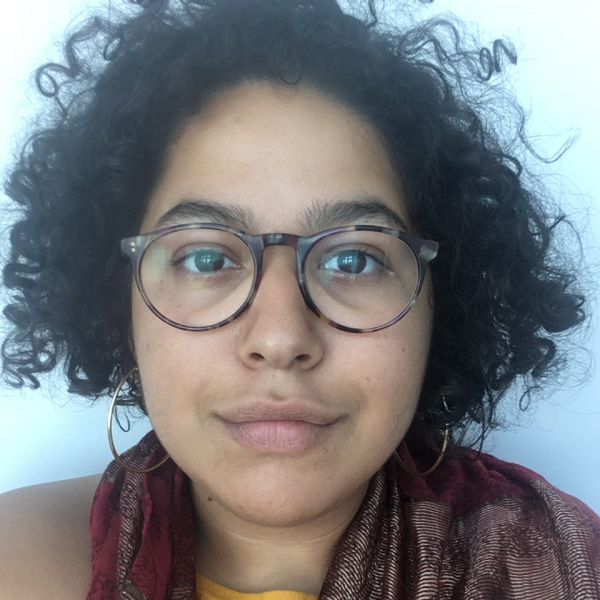
Yasmine Benabdallah
Yasmine Benabdallah is a Moroccan filmmaker, visual artist, and researcher, whose work explores decoloniality, archives, and rituals. Her films and installations have been shown in Morocco, France, Egypt, Palestine, Tunisia, Germany, Portugal, Lebanon, the UK, and the UAE, in addition to residencies in Palestine, Morocco, France, Portugal, and Tunisia.

Keith Bennie
Keith Bennie is the Senior Director of Audience & Community at the Toronto International Film Festival, where he leads five areas of audience engagement: public programs, youth programs, community impact, seniors and volunteers, and film preservation. He is an arts education leader with previous experience at the Ontario Science Centre, Theatre Museum Canada, and the International LGBTQ+ Youth Organization. Bennie teaches about public programming at Humber College and was selected as a Toronto Arts Council Leaders Lab fellow.
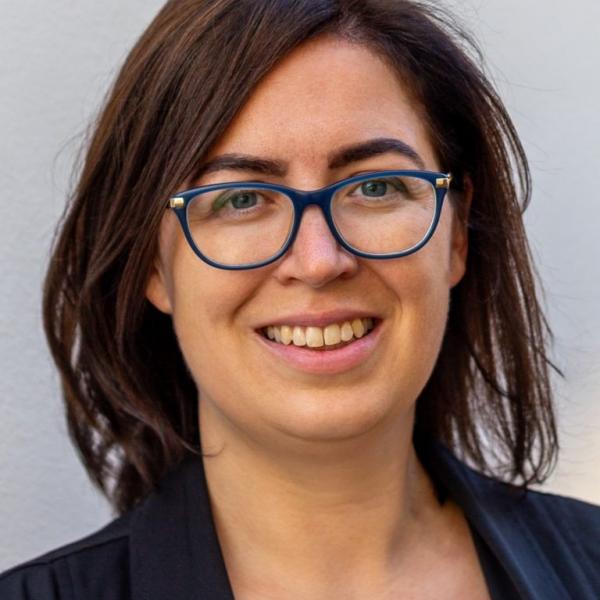
Carolyn Birdsall
Carolyn Birdsall is Associate Professor of Media Studies, University of Amsterdam. Her recent publications include “Listening to the Archives” (2019, ed. with Viktoria Tkaczyk) and Radiophilia (2023). She currently leads the project TRACE (Tracking Radio Archival Collections in Europe, 1930–1960), funded by the Dutch Research Council (NWO).
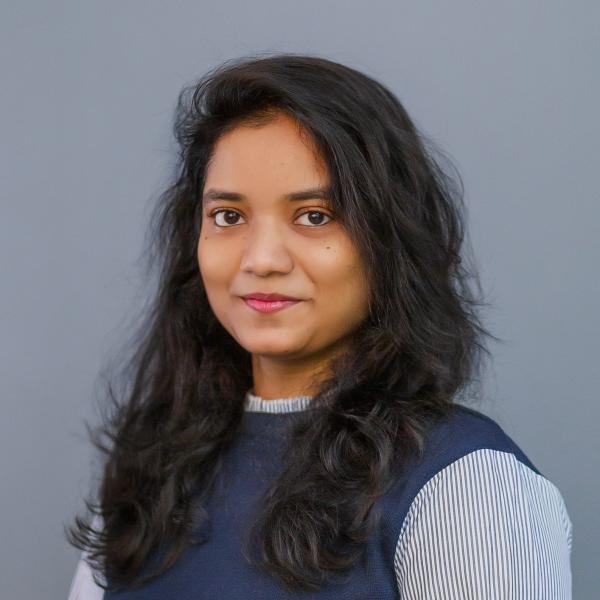
Amrita Biswas
Amrita Biswas is a PhD candidate in the DFG-funded “Configurations of Film” research collective at Goethe University. She has published in Meson Press and Routledge. Her articles have appeared in 'Studies in South Asian Film and Media' and 'Iluminace. Her doctoral research was supported by Erasmus Plus and DAAD.
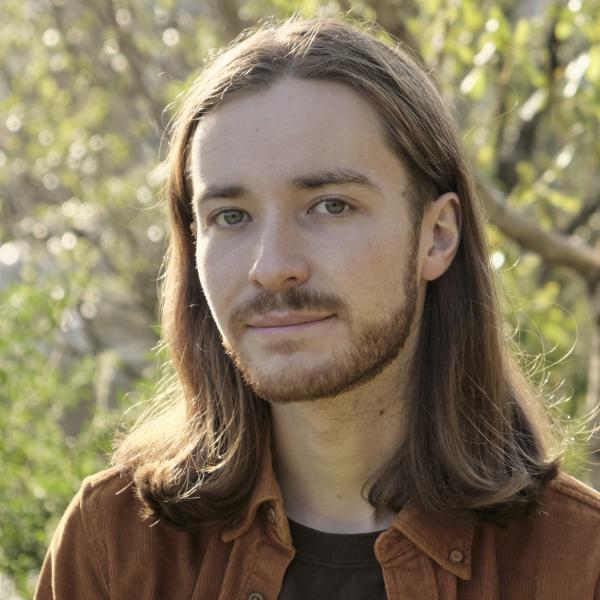
Callum Booth-Lewis
Callum Booth-Lewis is a QC Technician on the 'Utaina!' mass-digitisation project with the National Library of NZ and Archives NZ. He studied Film at Edinburgh Napier University in Scotland, with an exchange at TMU. He worked in the film industry as a DIT before moving to Aotearoa New Zealand in 2023.

Carolina Cappa
Carolina Cappa is an audiovisual archivist, professor, researcher. She’s been working for years within and with archives and universities developing film preservation and restoration projects in Latin America and Spain. She currently coordinates Second Hand, a project on reuse films developed at the Elías Querejeta Zine Eskola, where she also teaches.
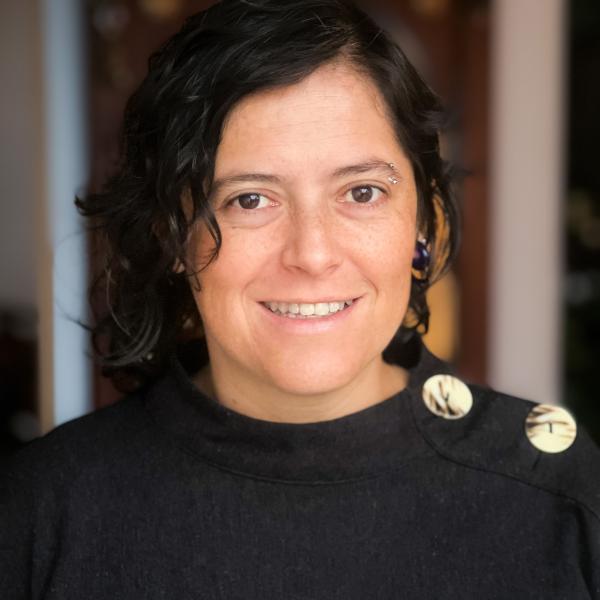
María Fernanda Carrillo
María Fernanda Carrillo is a filmmaker, sociologist, and PhD Student in Arts, Documentary Cinema at the National School of Cinematographic Arts (UNAM). Lecturer at Universidad Autónoma de la Ciudad de México (UACM). Master in Documentary Cinema, UNAM. Director and editor of productions in the field of ethnographic cinema, collaborative documentary, and uses of audiovisual archives.
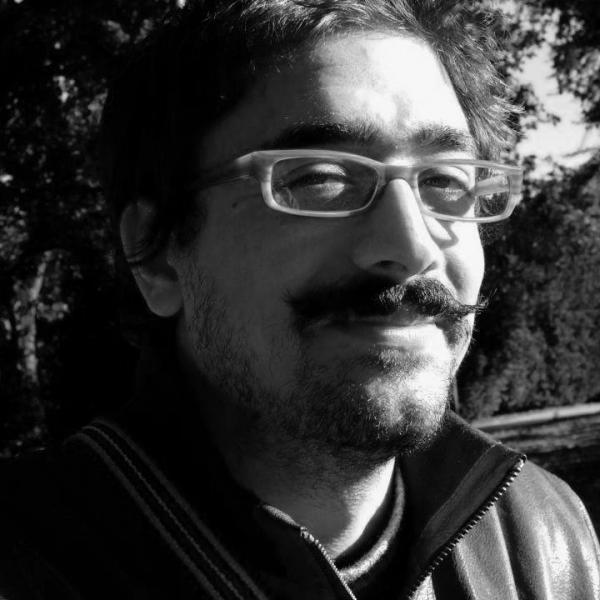
Diego Cavallotti
Diego Cavallotti is associate professor at the University of Cagliari. He is author of several papers published in national and international journals, and of three books – Cultura video. Le riviste specializzate in Italia (1970-1995), Labili tracce. Per una teoria della pratica videoamatoriale and Transarchivi. Media radicali, archeologie, ecologie.
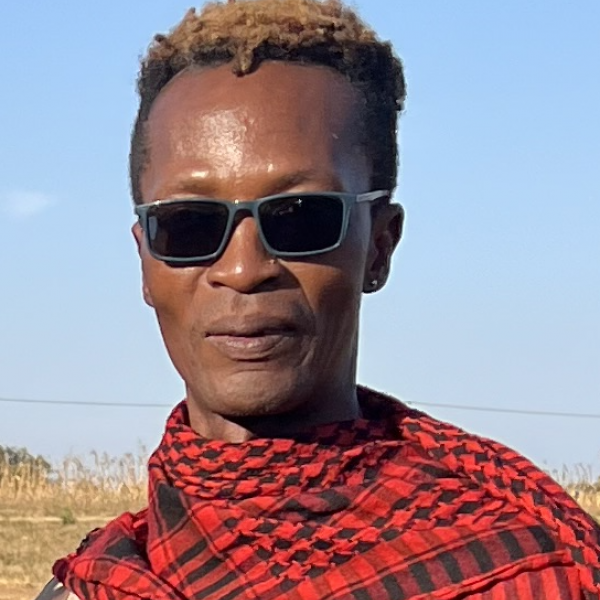
Didi Cheeka
Didi Cheeka is an off-Nollywood filmmaker, founder of the Lagos Film Society, and accidental archivist. His work on the lost celluloid heritage of Nigerian cinema prompted the restoration of Adamu Halilu’s 1976 film “Shaihu Umar.” His recent film work addresses issues of memory loss and the archive in Nigerian history.
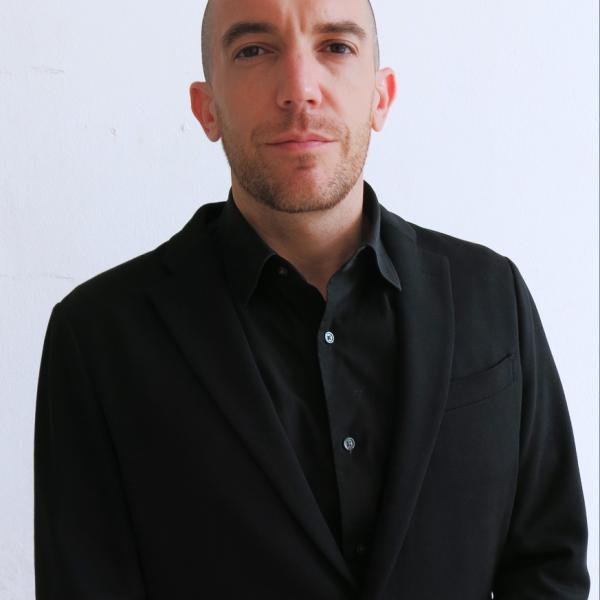
Martino Cipriani
Martino Cipriani is an associate lecturer in digital film and video at RMIT University Vietnam and a Ph.D. candidate at the University of Amsterdam. His research interests include film heritage, digitization, media archaeology, and cultural conservation. In addition to his academic activities, he works as a DI colourist, post-producer and consultant across Asia.
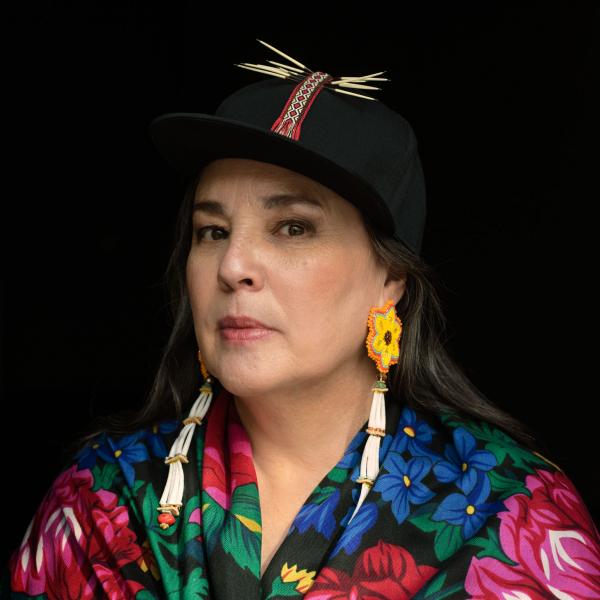
Dana Claxton
Dana Claxton is a critically acclaimed, award-winning international exhibiting artist, curator and thinker is a member of Wood Mountain Lakota First Nations. Recent awards include the Audain Award (2023), Hnatyshyn Foundation Visual Arts Award (2019), YWCA Women of Distinction Award (2019), Governor General’s Award in Visual and Media Arts (2020) and the Scotiabank Photography Award (2020).
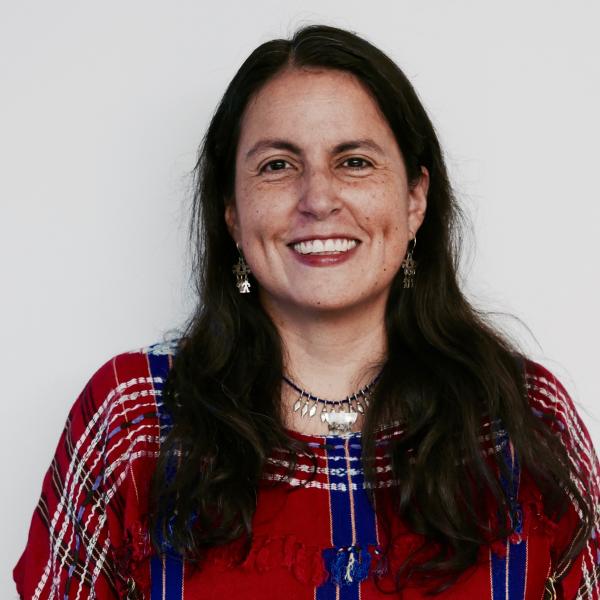
Amalia Cordova
Amalia Cordova is the supervisory museum curator and chair of research and education for the Center for Folklife and Cultural Heritage at the Smithsonian Institution. She is a filmmaker, curator and scholar specializing in Indigenous film. She is a former Latin American specialist for the Film + Video Center of the Smithsonian’s National Museum of the American Indian, has served as Assistant Director of New York University’s Center for Latin American and Caribbean Studies, and has taught at New York University's Gallatin School of Individualized Study. She has published extensively on Latin American Indigenous film and video, and on the circulation of Indigenous cinema.
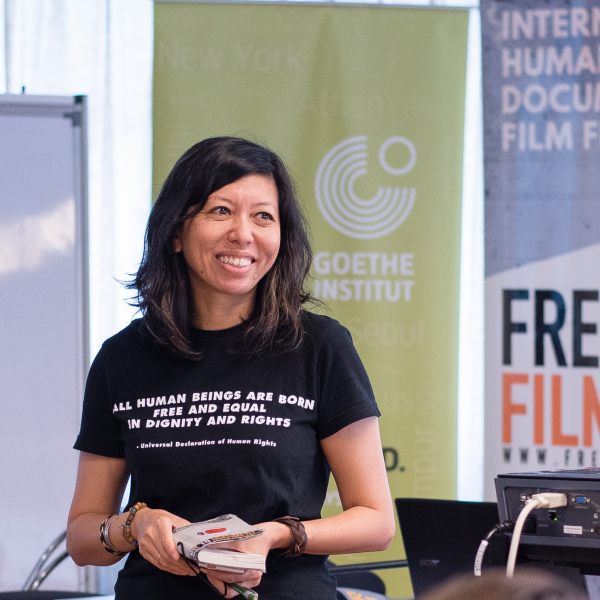
Brenda Danker
Brenda Danker aims to empower and amplify the voices of the marginalised community for social change through her various roles as an educator, media producer and researcher in Malaysia. She is the co-founder of Freedom Film Network and pioneering team member of Arkib Filem Rakyat, video archive of Malaysia’s social movement.
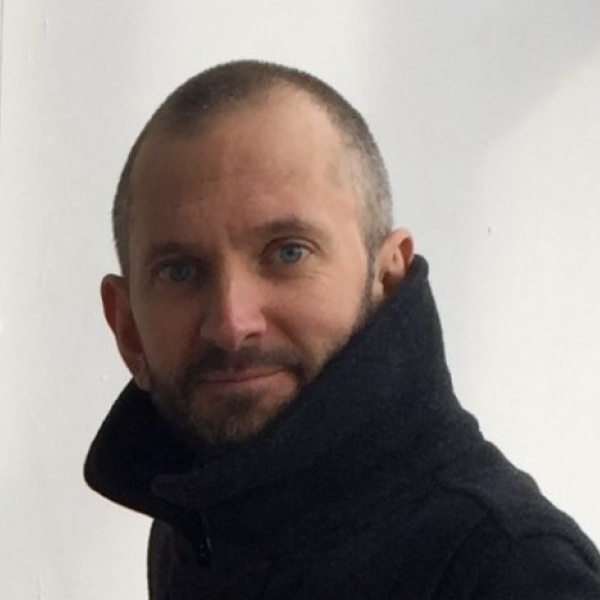
Glyn Davis
Glyn Davis is Professor of Film Studies at the University of St Andrews. He is a theorist and historian of queer visual culture, with a specialist interest in experimental cinema and artists’ film and video. Recent publications include The Richard Dyer Reader (BFI/Bloomsbury, 2023, co-edited with Jaap Kooijman).
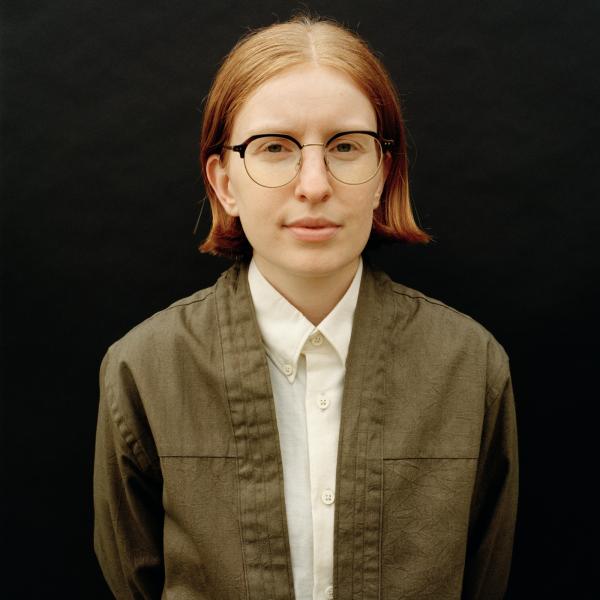
Axelle Demus
Axelle Demus has a PhD in Communication & Culture from York University and researches queer cable access television histories. They are also a researcher for Archive/Counter-Archive, working to develop a series of educational guides for the project's Case Studies to bring important yet understudied archival audiovisual works to the classroom.
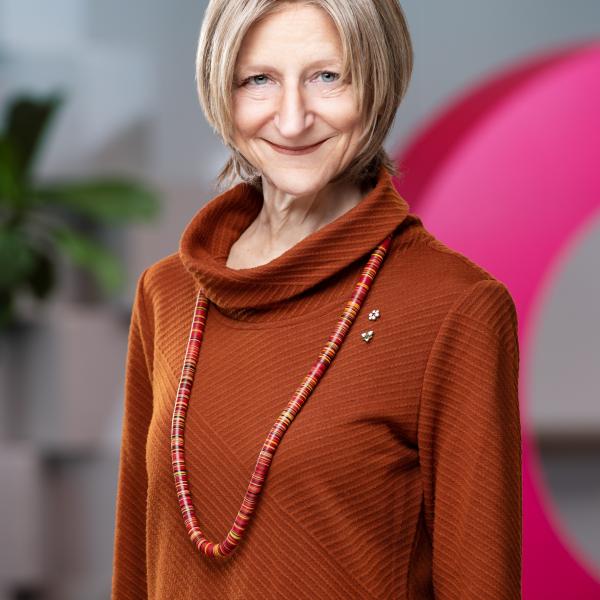
Sara Diamond
Sara Diamond, Order of Canada and Ontario, brings a lifelong interest in the relationships of diverse cultures and histories, and technologies. She is Principal Investigator of Crossing Fonds; Co-PI of iCity2.0 ORF-E network, applying foresight and procedural visualization to plan complete and equitable communities. She serves on the research committee of Abundant Intelligences: Expanding Artificial Intelligence through Indigenous Knowledge Systems.
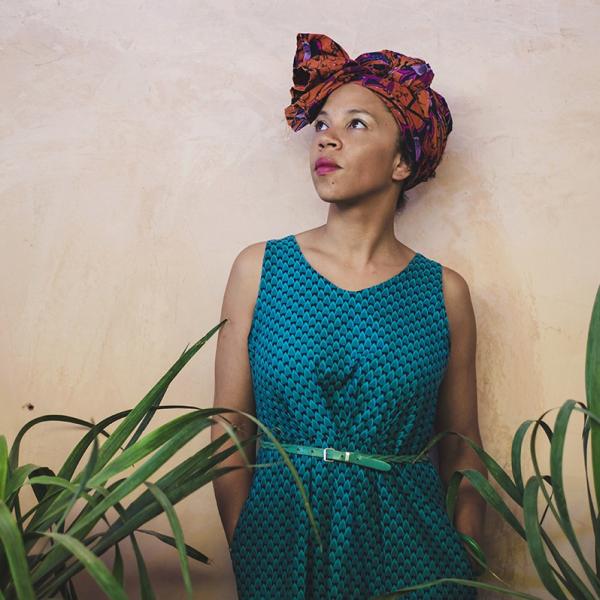
Farah Clémentine Dramani-Issifou
Farah Clémentine Dramani-Issifou is a French and Beninese film programmer, curator, and researcher. She is currently a Harvard visiting scholar and Harvard Film Study Center associated fellow for the 2023-2024 academic year. Her work focuses on decolonial curatorial practices in African visual arts and cinema.
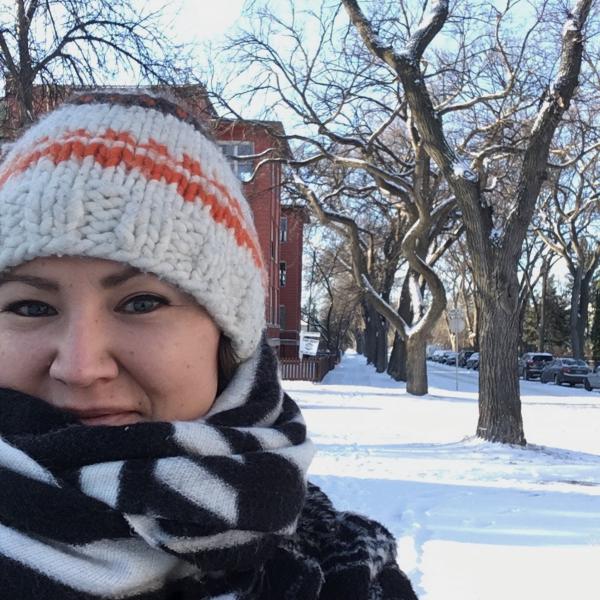
Jennifer Dysart
Jennifer Dysart is an Indigenous filmmaker (Cree/settler) and archive-enthusiast whose growing body of work disrupts the colonial power of archives by combining research and a commitment to returning archived media to the Indigenous people and homelands where they were recorded. Through the A/CA she was Artist-In-Residence at Library and Archives Canada in 2019.
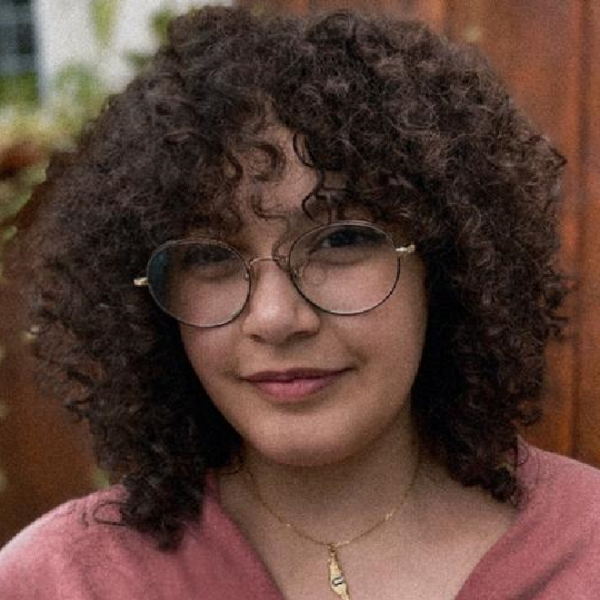
Nada El-Omari
Nada El-Omari is a filmmaker and writer of Palestinian and Egyptian origin based in Montreal, Quebec. Her practice and research interests centre on the intergenerational transmissions of memories, displacement, and the stories of belonging and identity which she explores through a poetic, hybrid lens. Focusing on process and fragments in text, sound, and image, Nada explores new ways to self-narrate, and speak hybridity and self. El-Omari holds a BFA in Film Production and an MFA in Film from York University.
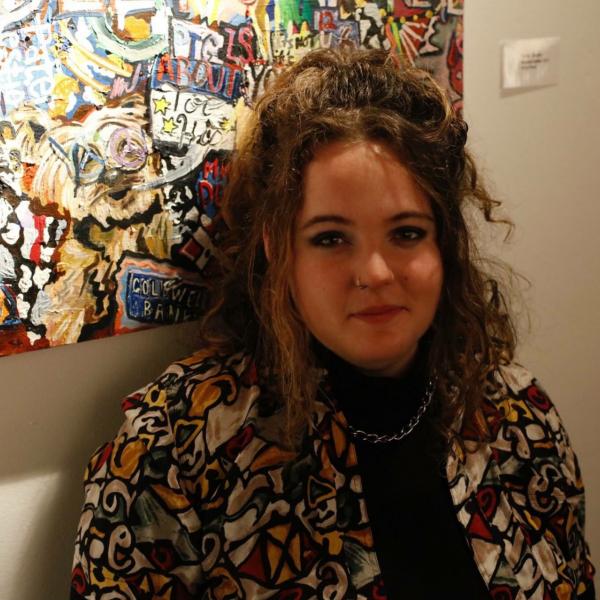
Allison Elliot
Allison Elliott is the Manager of Archives and Programs at The Feminist Institute, where she develops digital collections and produces TFI’s annual Memory Lab. She specializes in community archives and queer + feminist history, with a focus on autonomous memory sites, feminist networks, and information activism.
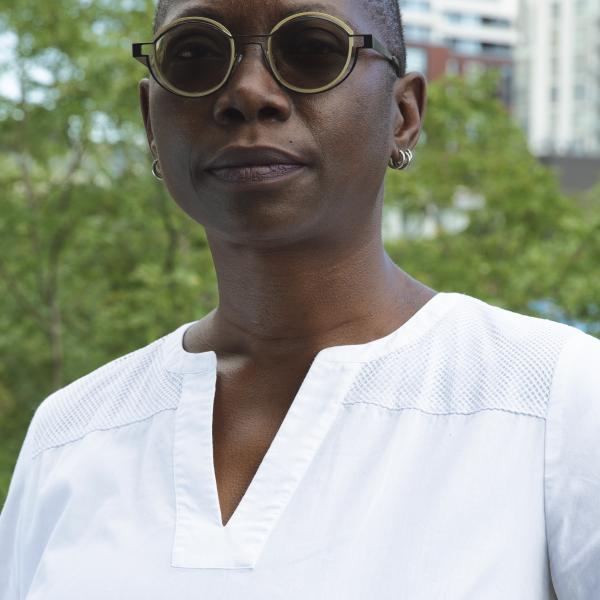
Andrea Fatona
Andrea Fatona leads the Center for the Study of the Black Canadian Diaspora. Her areas of expertise include Black, contemporary art and curatorial studies. She applies methodologies from The State of Blackness Database Project, a searchable, web-based, annotated catalogue of works produced by and about black Canadian artists, critics and curators to annotating archival content.
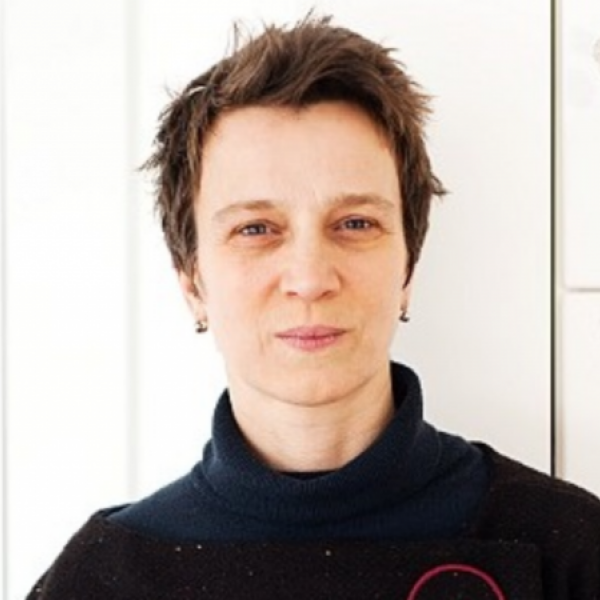
Giovanna Fossati
Giovanna Fossati is the Chief Curator and Deputy Director of Collection at Eye Filmmuseum where she supervises a collection of 55,000 titles. She is also Professor of Film Heritage and Digital Film Culture at the University of Amsterdam where she has taught in the MA Preservation and Presentation of the Moving Image Program since it was established, in 2003. Her research areas include film restoration, digitization, theory of film archival practice and, more recently, questions related to a more global and sustainable approach to audiovisual archiving. Her book From Grain to Pixel: The Archival Life of Film in Transition (2009 and 2018 – revised edition) has been translated into Spanish and Italian. Recently, Fossati was guest editor with Floris Paalman and Eef Masson for the special issue of The Moving Image journal focusing on “Activating the Archive” (2021). Her position statement For a global approach to audiovisual heritage: A plea for North/South exchange in research and practice was published by the online journal NECSUS (2021).
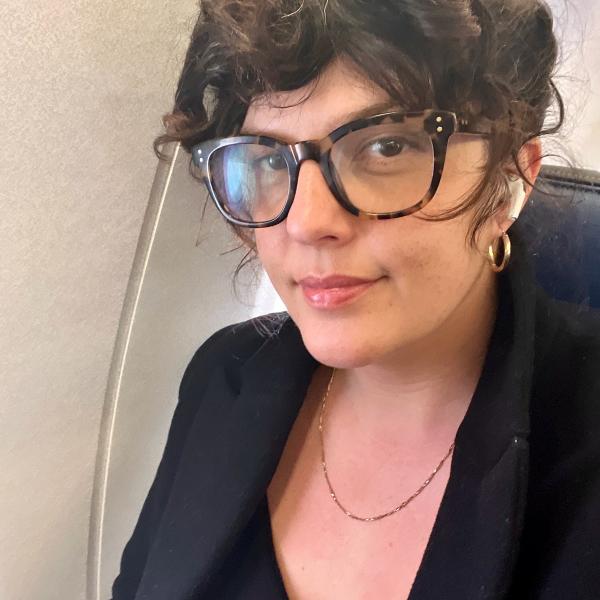
Lesley Ann Foster
Lesley Ann Foster is an artist-scholar, teacher fellow, and Ph.D. candidate in the Cultural Studies department at Queen’s University. Foster’s research focuses on abortion rights movements in Argentina and their transnational connections, exploring questions of invisibility and silence through the very public issue of abortion.
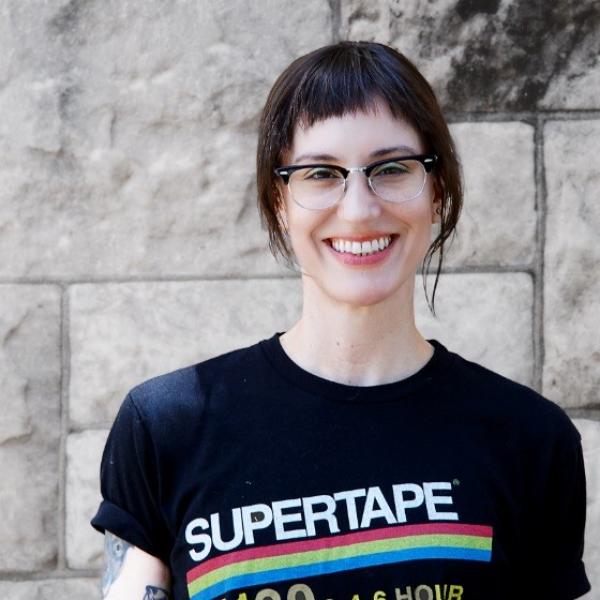
Siobhan C. Hagan
Siobhan C. Hagan holds her M.A. in Moving Image Archiving and Preservation from NYU’s Tisch School of the Arts and is currently the Coordinator for the Smithsonian Institution's Audiovisual Media Preservation Initiative and the founder of the Baltimore-based nonprofit, the Mid-Atlantic Regional Moving Image Archive (MARMIA).
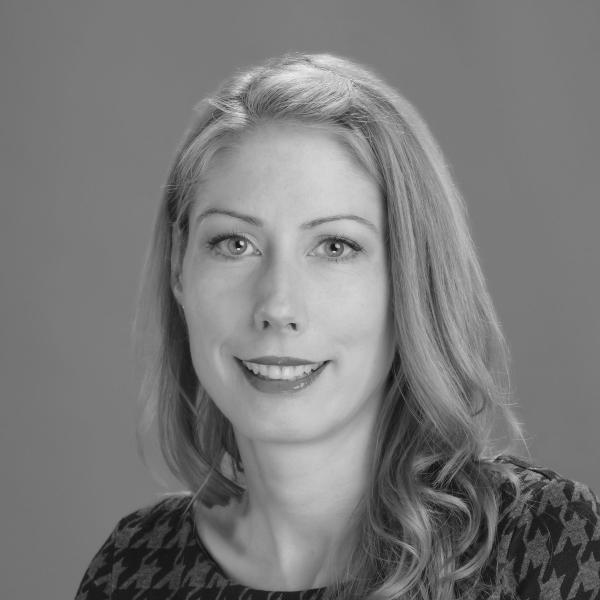
Melanie Hardbattle
Melanie Hardbattle has coordinated and managed many digitization projects, resulting in digital collections and a website, supervised the creation of extensive and unique metadata and developed new and innovative ways to present archival records online. Her practice addresses the challenge that community archives from traditionally/still racialized and marginalized communities, face of being lost due to institutional neglect, or underfunding.
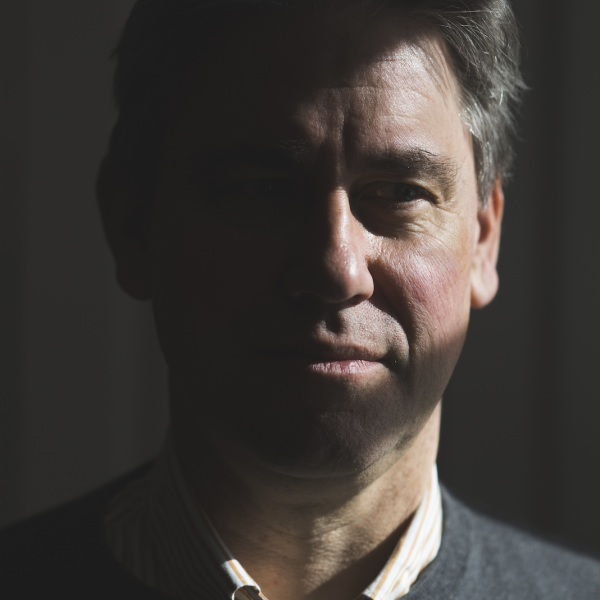
Vinzenz Hediger
Vinzenz Hediger is a professor of cinemas studies at Goethe Universität Frankfurt, where he directs the research training program “Configurations of film” (www.konfigurationen-des- films.de). His publications include “Accidental Archivism. Shaping Cinema’s Futures with Remnants of the Past” (co-edited with Stefanie Schulte Strathaus, open access from meson press).
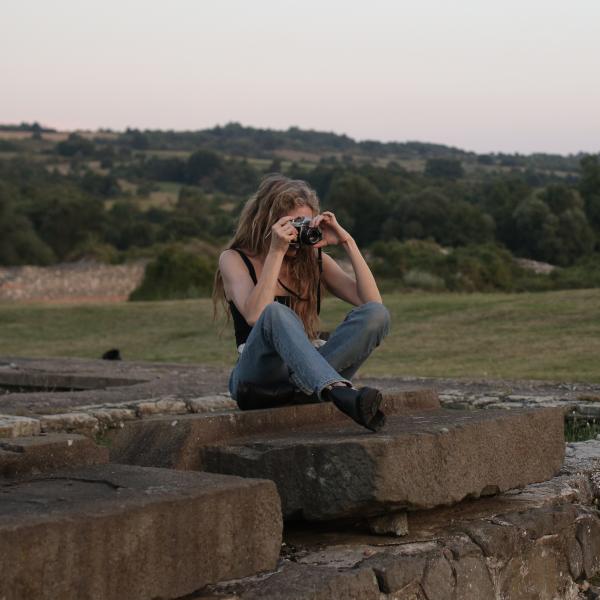
Kelli Shay Hix
Kelli Shay Hix is a media archivist and consultant specializing in community-centered programs. She is Co-Director of Audiovisual Preservation at BAVC Media and a core member of the Community Archiving Workshop (CAW). Her past clients include the Smithsonian Institution, the National Geographic Society, and The Country Music Hall of Fame and Museum.
Mél Hogan
Mél Hogan is the host of The Data Fix podcast and is the Director of the Environmental Media Lab (EML). She is an Associate Professor in the Department of Film and Media at Queen's University. Her research focuses on data infrastructure, extractive AI, and genomic media -- each understood from within the contexts of planetary catastrophe, and collective anxieties about the future. melhogan.com
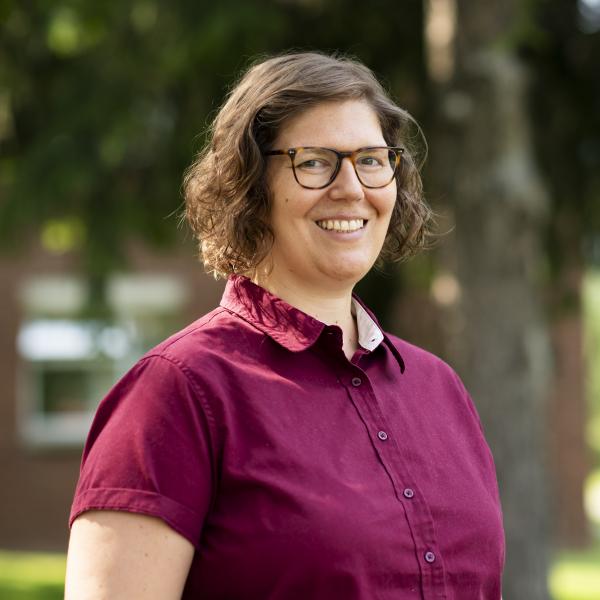
Laura Horak
Laura Horak is Professor of Film Studies at Carleton University and director of the Transgender Media Lab. She is co-curator of the DVD/Bluray set Cinema’s First Nasty Women, author of Girls Will Be Boys, and co-editor of an issue of FMH on “Curating Feminist Film Archives.”
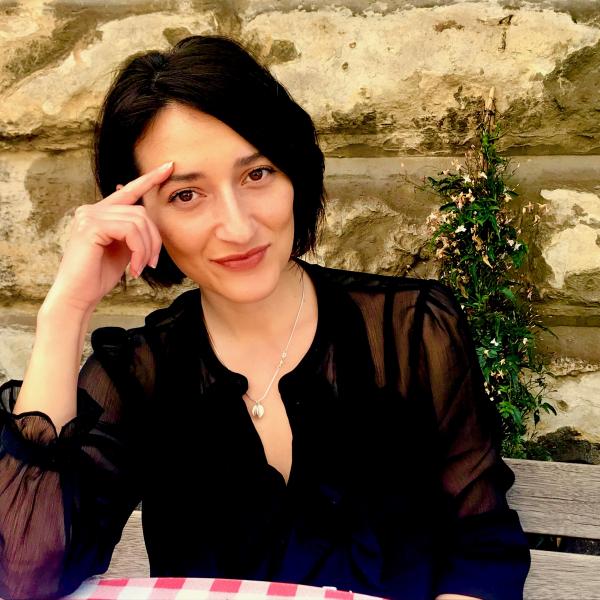
Grazia Ingravalle
Grazia Ingravalle is an assistant professor in film at Queen Mary University of London. She has published about film archives, digitization, and decolonization in several edited volumes and in The Moving Image, Screen, and the JCMS. Her monograph, Archival Film Curatorship (Amsterdam UP) came out in December 2023.
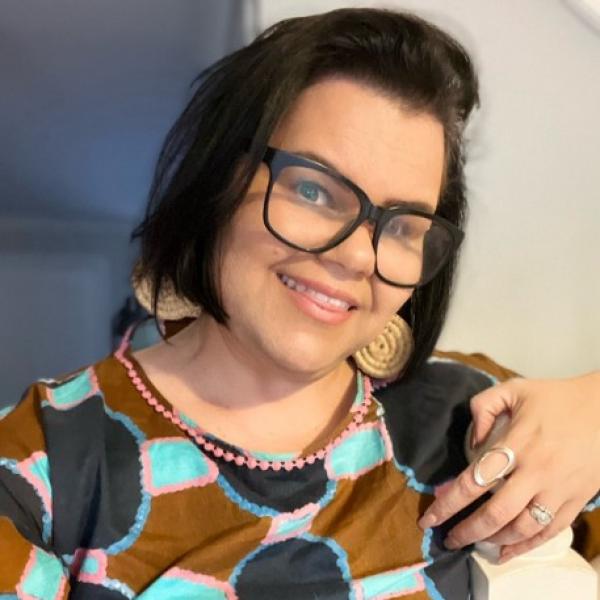
Tasha James
Tasha James is a Wiradjuri woman specialising in Indigenous Audiovisual Archives. As Manager of Indigenous Collections & Community Access at ABC Archives, Tasha advocates for change in the practice of interpreting Indigenous collections through amplifying Indigenous voices, embedding Indigenous values and knowledge into data and collection management policies and frameworks.
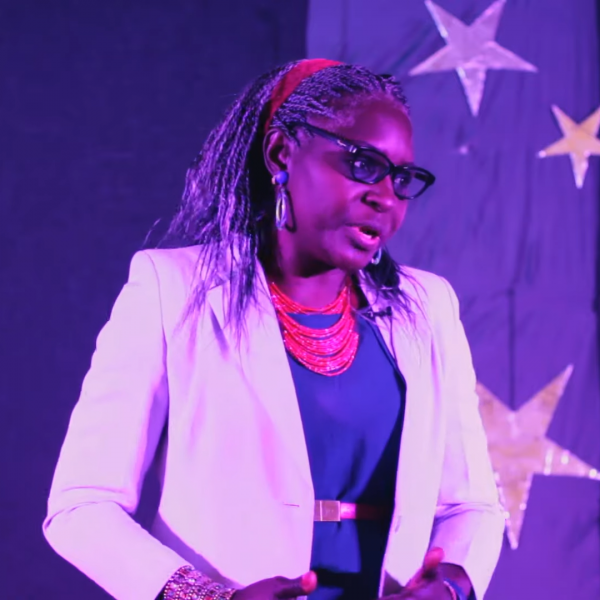
Nancy King
Nancy King is Associate Professor and the Head of the Department of Theatre and Film Arts at the University of Jos. Specializing in Performance Literacy in Drama and Gender Studies, she is the second female HOD in the department's history.
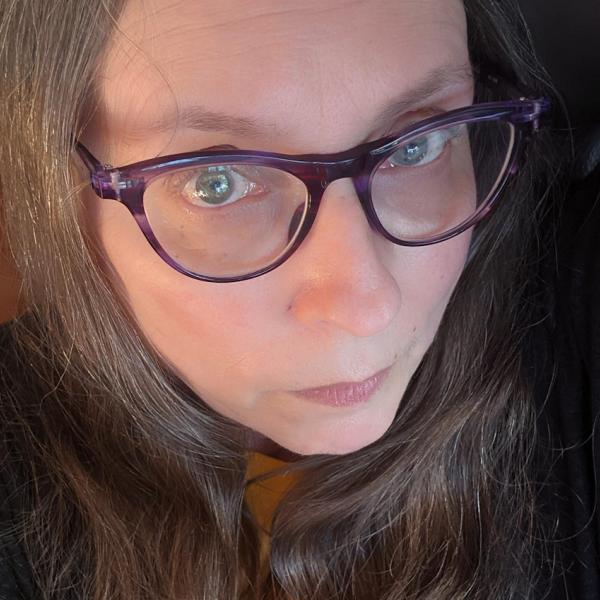
Karen Knights
Karen Knights manages the Crista Dahl Media Library & Archive at VIVO Media Arts Centre, Vancouver, where she has 24 years of accumulated experience since 1984. She activates the CDMLA collections through archivist Internships, digitization projects, exhibitions and community partnerships. She is co-researcher with Sara Diamond on Crossing Fonds’ Case Study 1.
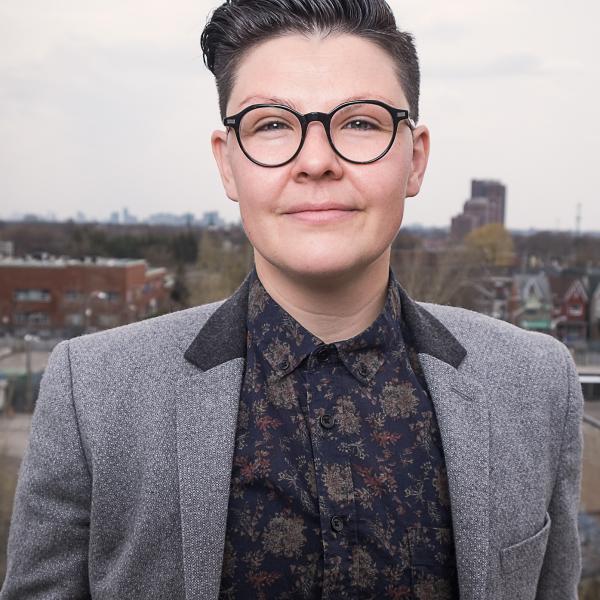
Tamara de Szegheo Lang
Tamara de Szegheo Lang is an Adjunct Assistant Professor in the Department of Film and Media at Queen’s University. Her research takes up queer history, community-based archives, film and media, and the affective relationships between queer people and the past.
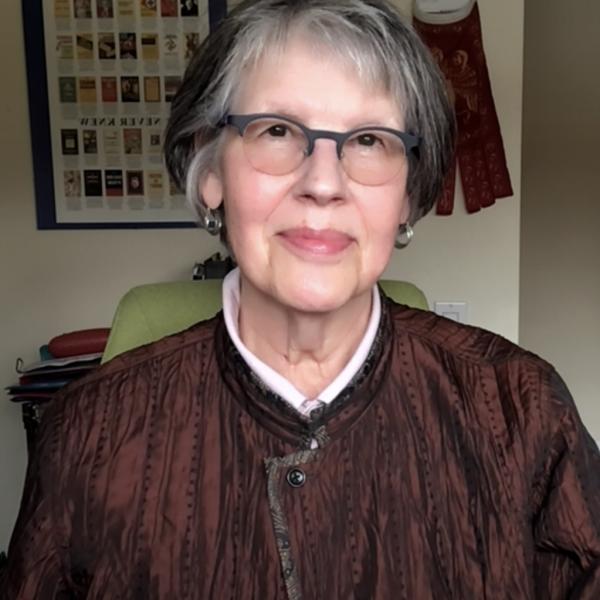
Suzanne Langlois
Suzanne Langlois is Associate Professor Emerita from the Department of History, Glendon College, York University (Toronto). Specializations in twentieth-century European and world history. Current research and publications on the visual propaganda program of the United Nations at the end of the Second World War using filmic and extra filmic material.
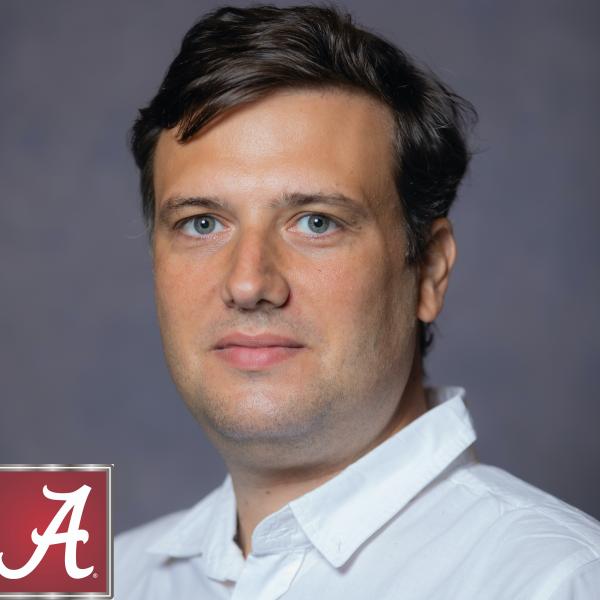
Dimitrios Latsis
Dimitrios Latsis is a historian and digital humanist working at the intersection of archiving and visual culture. He is Assistant Professor in Digital and Audiovisual Preservation at the University of Alabama's School of Library and Information Studies. His work on American visual culture, early cinema, archival studies and the Digital Humanities has been supported by the Smithsonian Institution, Domitor, Mellon and Knight Foundations and Canada’s Social Studies and Humanities Research Council, among others. His book on the historiography of American cinema during the silent years, How the Movies Got a Past, was published in August 2023 by Oxford University Press.
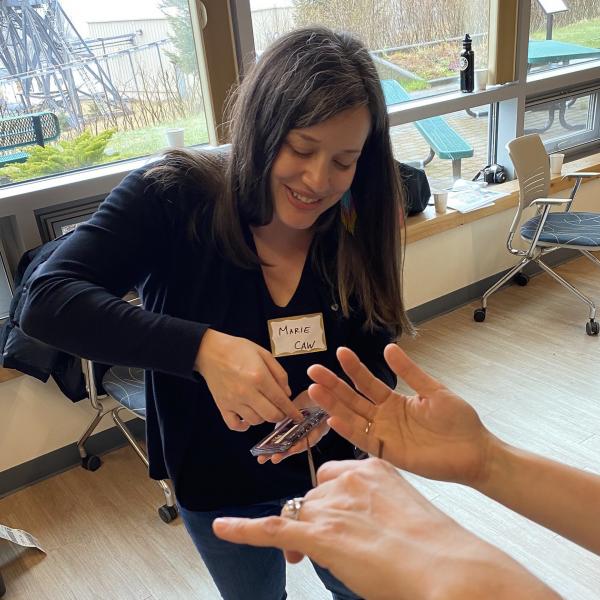
Marie Lascu
Marie Lascu is an audiovisual archivist with an interest in personal and independent community collections. She holds her M.A. in Moving Image Archiving and Preservation from NYU Tisch School of the Arts. She has volunteered with CAW since 2010, and is a core member since 2014.

Meagan Loader
Meagan Loader is the Chief Curator at the National Film and Sound Archive (NFSA) of Australia. She has a rich background in broadcasting and music, having overseen content across multiple platforms at ABC and acting as the founding Station Director of independent youth broadcaster FBI Radio when the network launched in 2003.
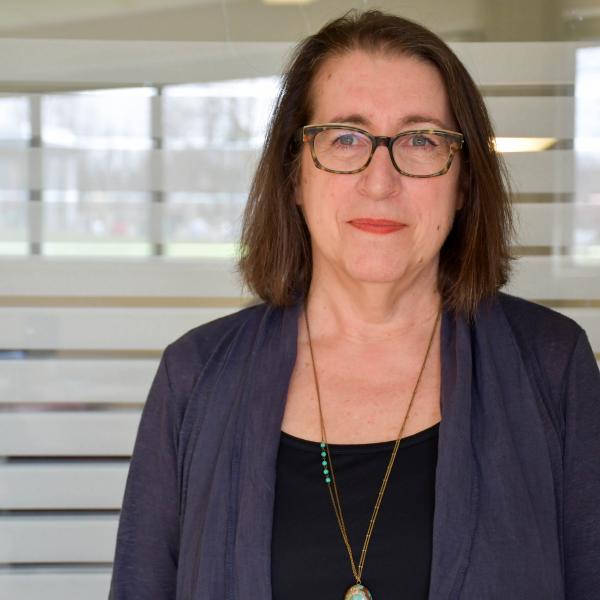
Susan Lord
Susan Lord holds a PhD from York University. She is Professor in the Department of Film and Media at Queen's University and is the Director of the Vulnerable Media Lab. Her research interests have landed in the areas of cinema and media arts, archives, gendered spaces and the city, and Cuban cinema and visual culture. She has undertaken curatorial projects of media arts and worked with artists’ groups and artist-run centres for over 30 years. She is co-investigator of Archive/CounterArchive (counterarchive.ca) and PI for the project “Under the Shadow of Empire: Minor Archives and Radical Distribution Networks.”
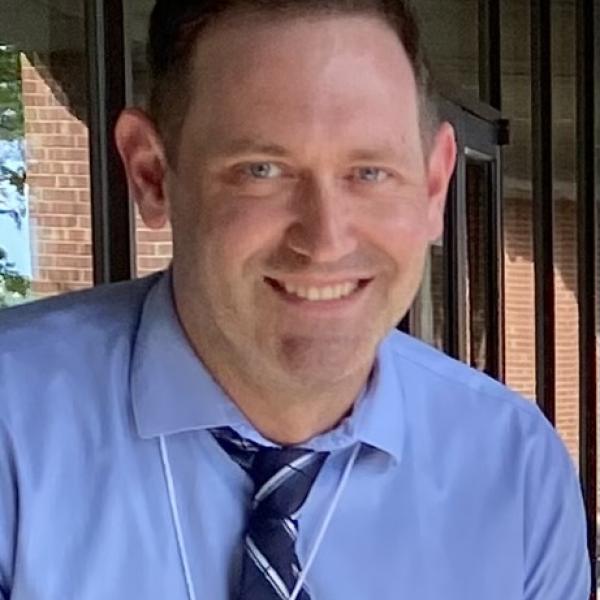
Brett Lougheed
Brett Lougheed is Director of the Oral History Centre and University Archivist/Digital Curator at the University of Winnipeg Archives, where we are proud stewards of the Two-Spirit Archives. He has a Master’s degree in Archival Studies from the University of Manitoba where he previously served as Digital Archivist.
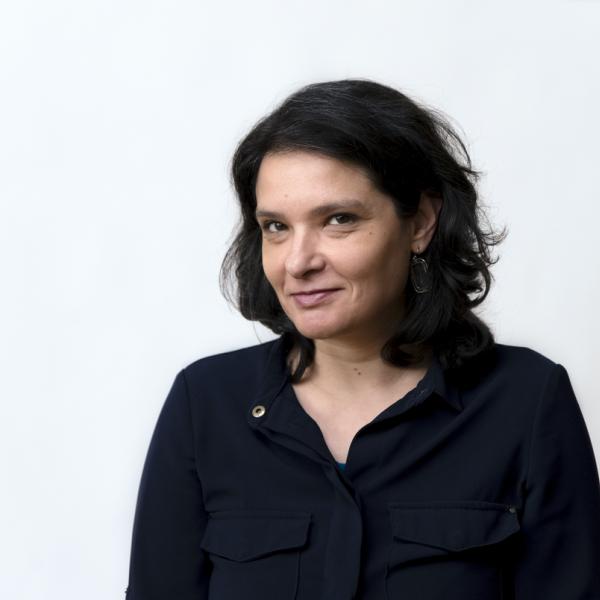
Vesna Madžoski
Vesna Madžoski is an independent theoretician, writer, and curator based in Amsterdam and Serbia. She obtained her PhD in Philosophy from the European Graduate School, Switzerland. She lectures on critical theory and has given numerous presentations in the field of contemporary art. She has initiated and organized numerous international art projects
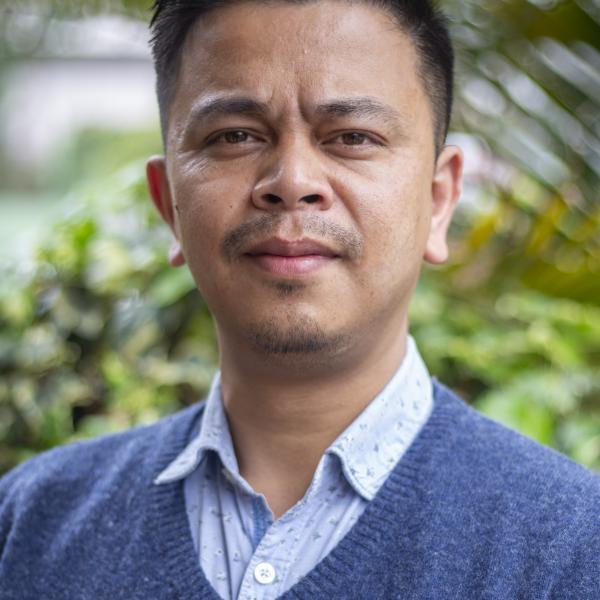
Nathaniel D. N. Majaw
Nathaniel D. N. Majaw, is an alumnus of the Mass Communication Research Centre, Jamia Millia Islamia, New Delhi. He is an Assistant Professor at the Department of Mass Media, St. Anthony’s College, Shillong and teaches filmmaking and graphic design. Nathaniel Majaw heads The Northeast India AV Archive as the Project Director which is supported by the Sasakawa Peace Foundation, Japan.
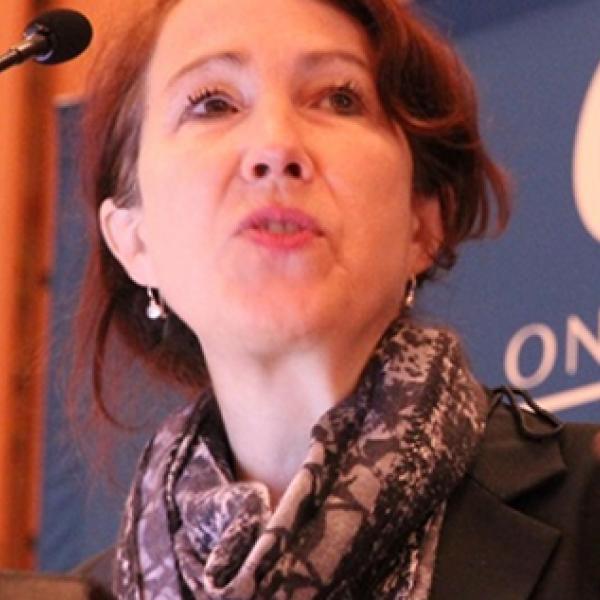
Janine Marchessault
Janine Marchessault is a Professor of Cinema and Media Arts at York University, where she was the Canada Research Chair in Art, Digital Media, and Globalization (2003-2013). Dr. Marchessault is the author of ten monographs and edited volumes, and over fifty articles in books, journals, and catalogues devoted to cinema, new media, and contemporary art. She is a past President of the Film Studies Association of Canada and a Fellow of the Royal Society of Canada. Her recent monograph is Ecstatic Worlds: Media, Utopias, Ecologies (2017 MIT Press) and her monograph in preparation is Archival Imaginary: Expanded Memory. She is the Principal Investigator of Archive/Counter-Archive: Activating Canada’s Moving Image Heritage.
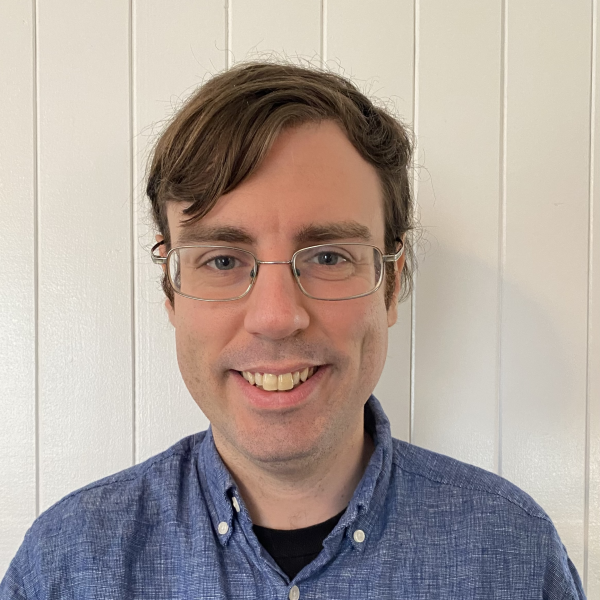
Michael Marlatt
Michael Marlatt is a disabled film archivist, accessibility consultant and PhD candidate. He serves on various committees for archival professional organizations and co-founded the AMIA Accessibility Committee. Michael has published work on accessibility within the film archive and has presented strategies for inclusion at industry-leading AV archival conferences.
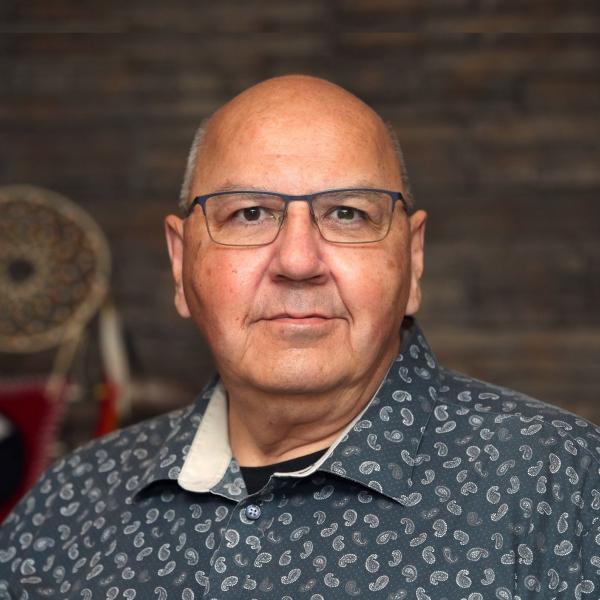
Albert McLeod
Albert McLeod is a Status Indian with ancestry from Nisichawayasihk Cree Nation and the Metis community of Norway House in northern Manitoba. He has over thirty years of experience as a Two-Spirit/human rights activist and works as a consultant specializing in Indigenous peoples, cultural reclamation, and cross-cultural training.
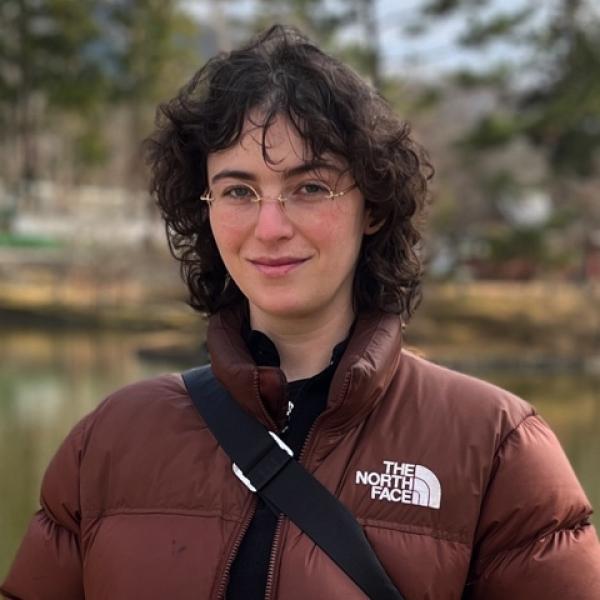
Madeleine Mendell
Madeleine Mendell is a researcher and writer based in New York and currently the Jenny Holzer Studio’s Media Archivist, holding an MA in Moving Image Archiving and Preservation from NYU (2021). Research interests include the matter and chemical composition of media objects as well as a practitioner’s critical analysis of investment in long-term, “immortal,” or technofuturist solutions to the archive in the face of climate disaster. http://madeleine.town.
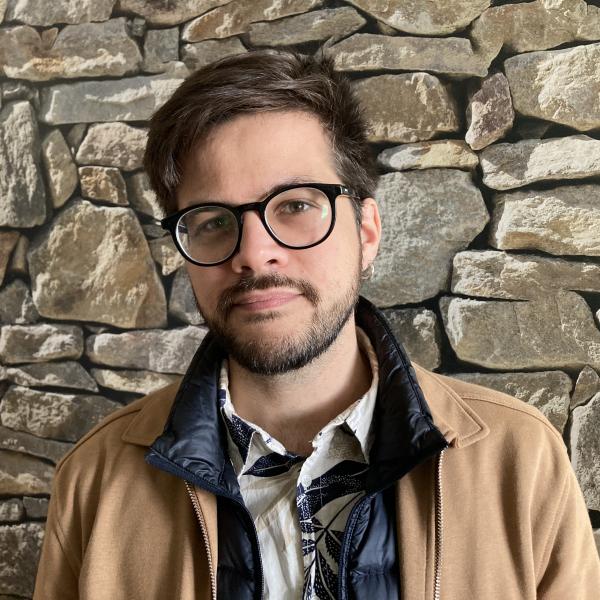
Gabriel Menotti
Gabriel Menotti is Associate Professor at the Film and Media Department of Queen’s University. He also works as an independent curator and artist-researcher in the broad field of moving images. His work on media technology has been published and presented worldwide. He is the author of “Movie Circuits: Curatorial Approaches to Cinema Technology” (AUP, 2019) and co-editor of “Practices of Projection: Histories and Technologies” (OUP, 2020), among other anthologies. He is also one of the coordinators of the Besides the Screen research network and festival and convenes Museums Without Walls, a curatorial survey on media infrastructures and cultural institutions.
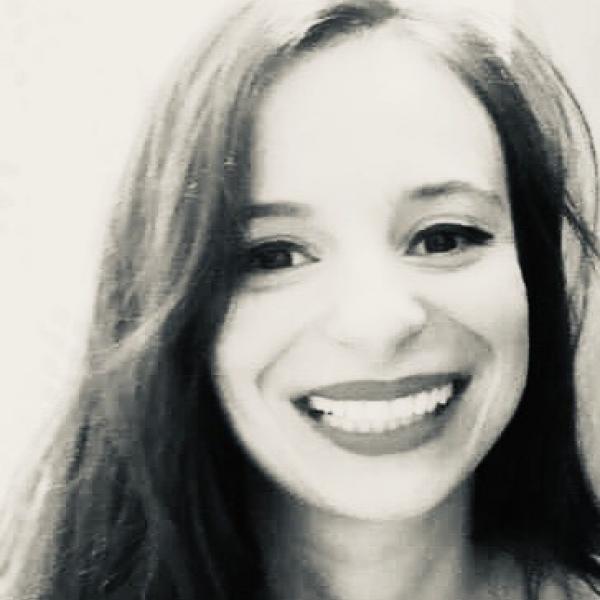
Julia Minne
Julia Minne is a PhD student at the University of Montreal in communication and at the University of Paris 1 Panthéon-Sorbonne in Arts and Art Sciences. She is also responsible of the initiative « Savoirs Communs du Cinéma » at the Cinémathèque québécoise and lecturer at the University of Montreal. As part of her doctorate, she is conducting a research-creation thesis on the remediation of the archives of the feminist artist center Vidéo Femmes and regularly collaborates with different cultural organizations in Quebec and France as a guest programmer.
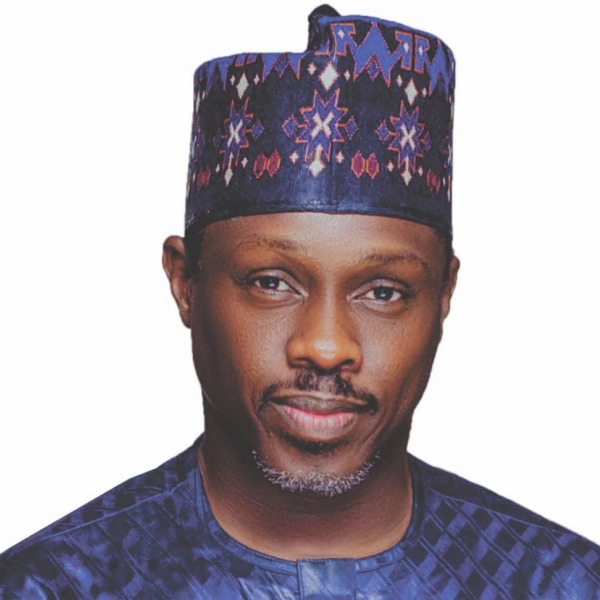
Ali Nuhu Mohammed
Ali Nuhu Mohammed is an actor, producer, and the Managing Director of the Nigerian Film Corporation. Considered the leading star of Hausa cinema of the last 25 years, Ali Nuhu has more than 500 acting credits to his name in both Hausa and English language films. Nancy King is associate professor and head of the Department of Theater and Film Arts at the University of Jos, Nigeria. Her work focuses on the history and current practice of Nigerian cinema. Since 2019, she has been the academic coordinator of the Master in Film Archival Studies in Jos.
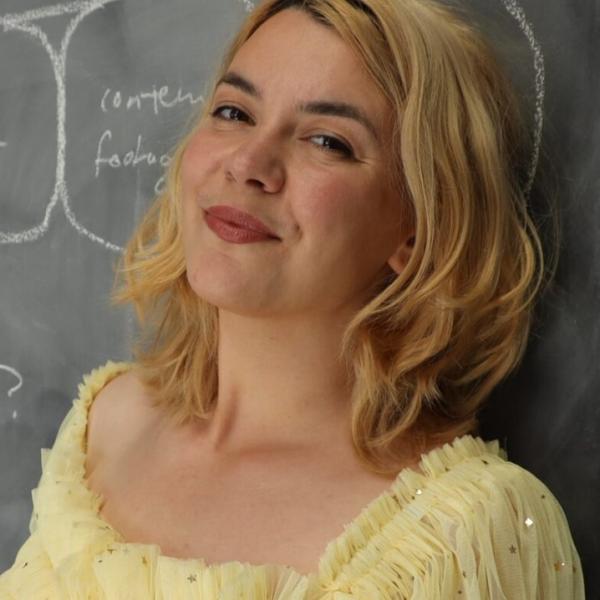
Jazz Money
Jazz Money (she/they) is an award-winning poet and artist of Wiradjuri heritage producing works that encompass installation, digital, performance, film and print. Jazz’s practice is centred around questions of narrative and legacy: place memory, First Nations memory, colonial memory and the stories that we tell to construct national and personal identity
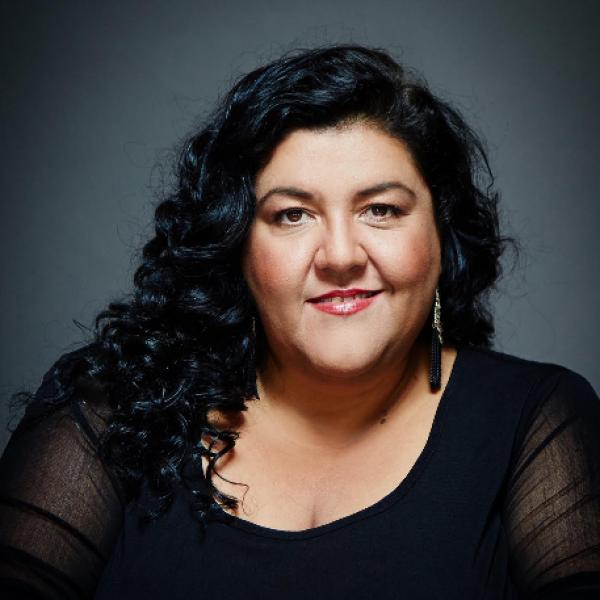
Gillian Moody
Gillian Moody is a proud Wodi Wodi/Dharawal woman, having joined the National Film and Sound Archive as Senior Manager, Indigenous Connections in 2022. Passionate in centring Aboriginal and Torres Strait Island items and stories from the collection in the telling of our national story through engaging and collaborating with communities.
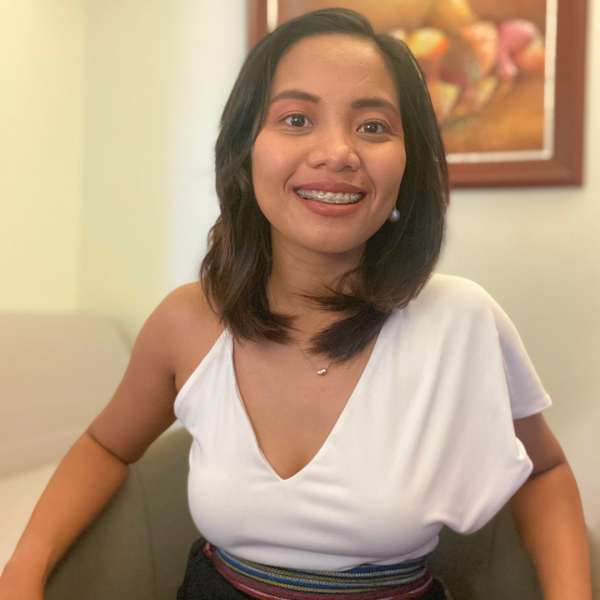
Julie Nealega
Julie Nealega is currently the Head of Probe Archives and Business Development of Probe Productions Inc. A journalist turned archivist, she is currently completing a Master in Archives and Records Management at the University of the Philippines. She’s part of the pioneering cohort of this innovative postgraduate studies on archiving.
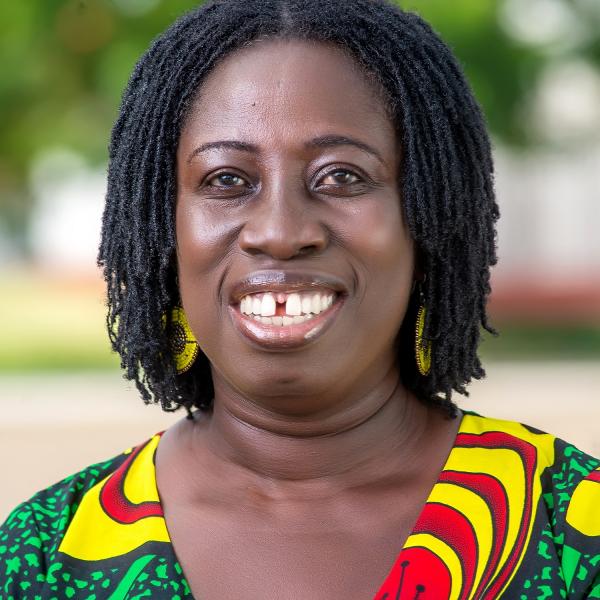
Judith Opoku-Boateng
Judith is a Senior Archivist at the Institute of African Studies, University of Ghana, where she manages an audiovisual heritage preservation programme that supports both academic research, civic and creative engagement. Beyond the university, she is involved in a number of initiatives locally and globally that promote audiovisual heritage preservation.
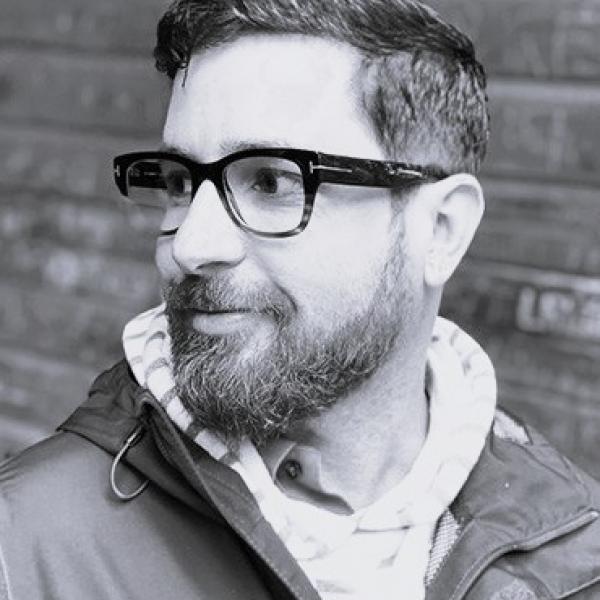
Darien Sánchez Nicolás
Darien S. Nicolas, (He/Him-They/Them) (La Habana, 1983) got his doctorate from the Mel Hoppenheim School of Cinema at Concordia University, Montreal in 2022. He works as a cross-appointed instructor in the Humanities/Philosophy/Religions and the Social Sciences departments. He has been an art curator and film programmer for institutions such as the Misrachi Art Gallery in Mexico City, the Consulate General of Mexico in Montreal, the South Asian Film Festival of Montreal, the Toronto International Film Festival (TIFF), and others. His dissertation interrogated the intersections of Cuban domesticity, global tourism, and Québécois transnational film productions. He is a post-doctoral fellow at Queen’s University’s Vulnerable Media Lab.
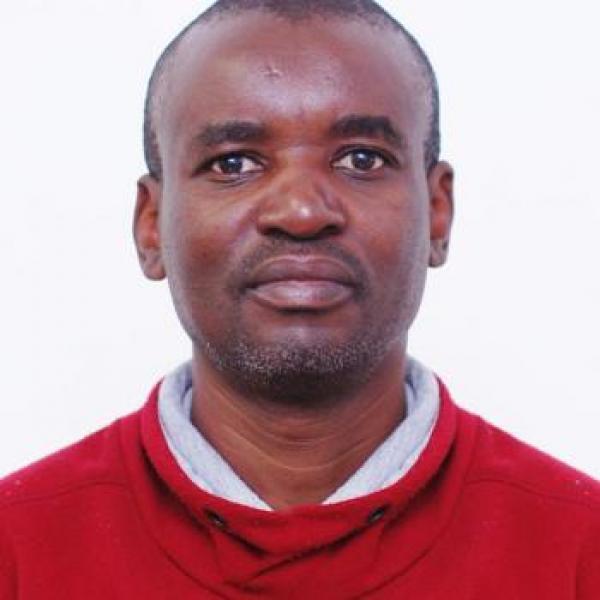
Nkholedzeni Sidney Netshakhuma
Nkholedzeni Sidney Netshakhuma is a Postdoctoral Research Fellow affiliated with the University of Cape Town. I completed a Ph.D. in Information Science at the University of South Africa. I have extensive experience in archives, records, and museum management. I published more than 64 articles and a book chapter.
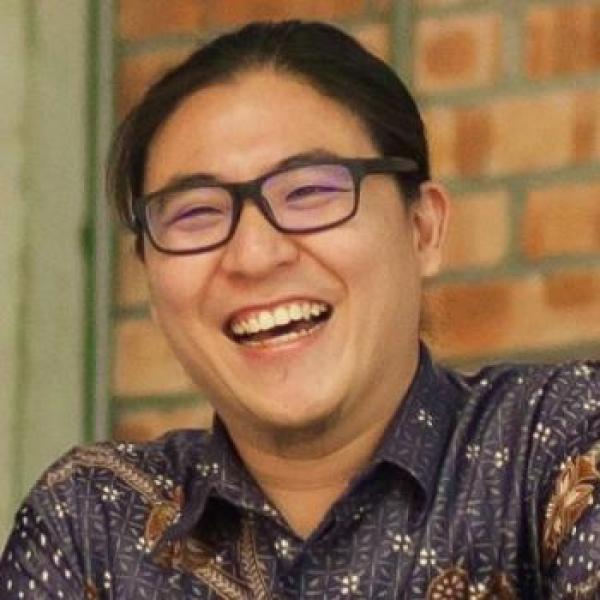
Joshua Ng
Joshua Ng serves as a Digital Preservation Analyst at Archives New Zealand, where his primary role entails the oversight of strategy, policies, and workflows designed to safeguard the integrity of the Government Digital Archive. In addition to his routine responsibilities, Joshua plays an active role in Utaina!, a collaborative Audiovisual Preservation Project that spans multiple agencies. This endeavor is dedicated to the preservation of New Zealand's vulnerable audiovisual magnetic media and has been in operation since 2020.
Kofi Ofosu-Yeboah
Obarima Kofi Ofosu-Yeboah is a Ghanaian-born artist and filmmaker whose work within moving image practice centers memory and objects. His work has been shown at the Villa Medici, the French Academy in Rome, the German Film Museum in Frankfurt, and the Locarno Film Festival, to mention a few. The work Public Toilet Africa is his feature debut.
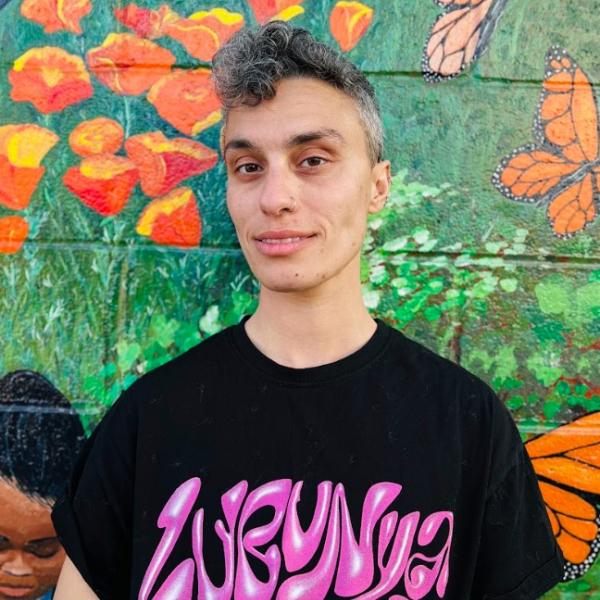
Lalu Özban
Lalu Özban is a Ph.D. candidate in Film and Digital Media, with designated emphasis in Feminist Studies and Critical Race and Ethnic Studies at the University of California, Santa Cruz. Their artistic, curatorial, and scholarly work focuses on trans, queer, and feminist cultural production, methodologies, and histories. Their dissertation, "Koli Sinemaları: A trans/feminist research-archive-creation," explores trans communities’ experiences of collective filmwatching, community-building, and sex work in porn movie theatres in Turkey.
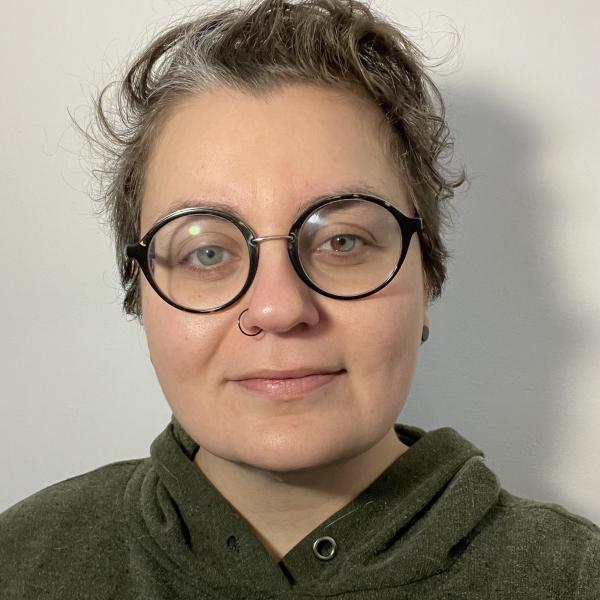
Chantal Partamian
Chantal Partamian is an experimental filmmaker and archivist. Her film work explores themes related to migration, conflicts, and obsolescence using primarily super 8mm and found footage. Her archival pursuits are centered around the preservation and restoration of reels from the Mediterranean basin, coupled with research focused on archival practices within conflict regions as well as queer and underground archives.
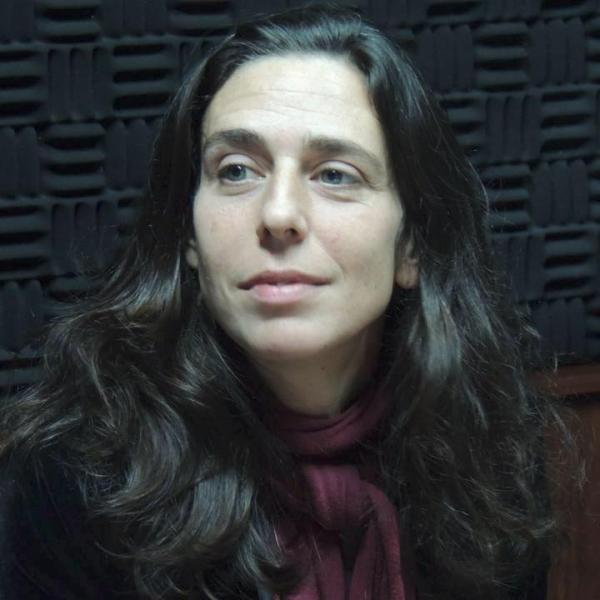
Isabel Wschebor Pellegrino
Isabel Wschebor Pellegrino is PhD. History, Texts, and Documents at l’Ècole Nationale des Chartes, France. MA., Latin American StudiesU and BA., History, both at Universidad de la República, Uruguay. Coordinator, Audiovisual Preservation Laboratory (Laboratorio de Preservación Audiovisual, LAPA), Archive of the Universidad de la República. Associate Professor at Universidad de la República. Member of the Film Studies Group in the Committee of Scientific Research
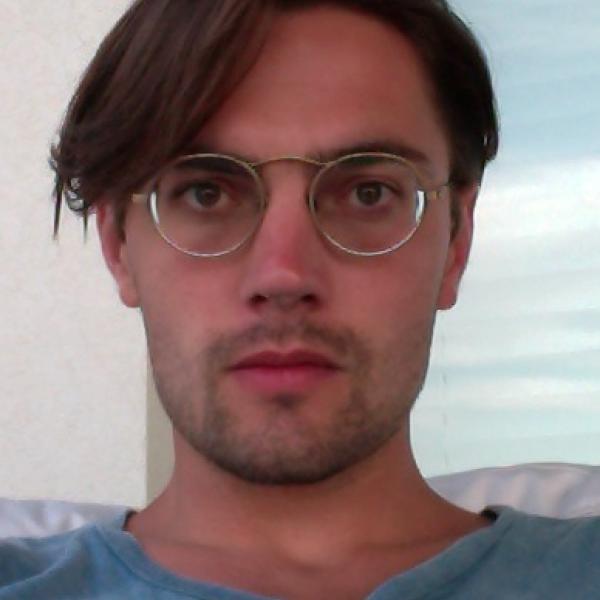
Nikolaus Perneczky
Nikolaus Perneczky is a Leverhulme Early Career Fellow at Queen Mary University of London, where he is working on his postdoctoral project “Restitution and the Moving Image: Decolonising Global Film Heritage” (2022-2025). He is co-editor of an edited volume on film and restitution with Amsterdam University Press (under review).
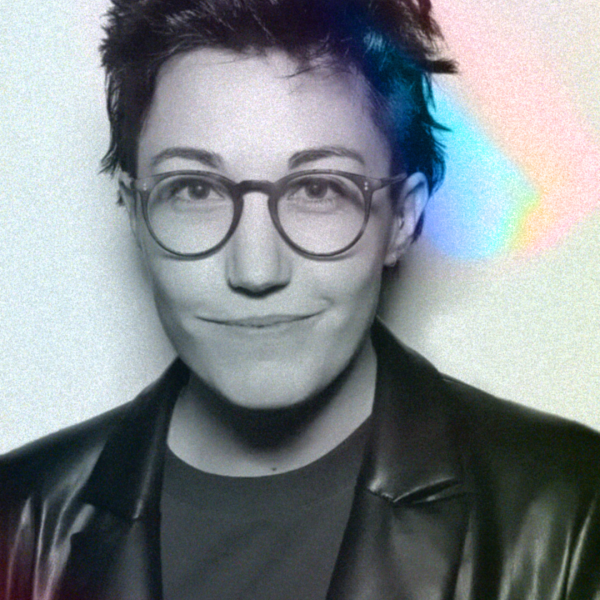
Drew de Pinto
Drew de Pinto is an independent filmmaker and graduate of Stanford University’s Documentary Film MFA program. Their work has been recognized by The New Yorker, Film Independent, and the International Documentary Association. They are interested in participatory cinema, alternative archives, and the trans new wave.
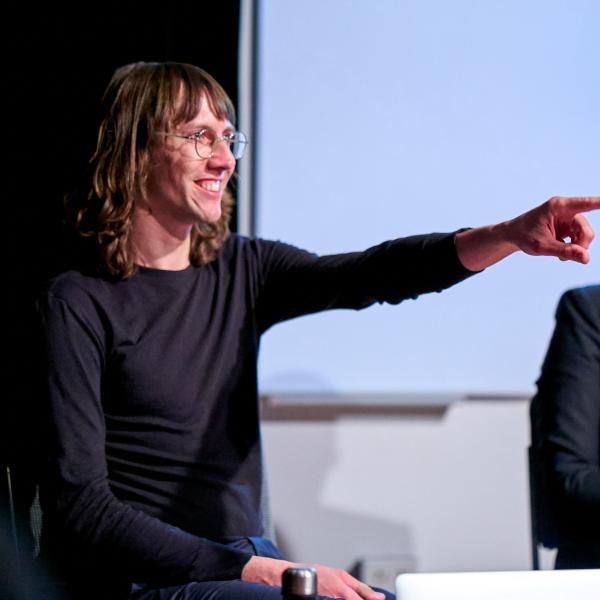
Mikhel Proulx
Mikhel Proulx is a historian of contemporary art and digital culture. He is the FRQSC Postdoctoral Fellow at the Vulnerable Media Lab at Queen’s University. Mikhel’s research considers network culture from queer-feminist and settler-colonial perspectives, and in recent projects, he has collaborated with the artists Skawennati, Vera Frenkel, Rita McKeough, and Margaret Dragu.
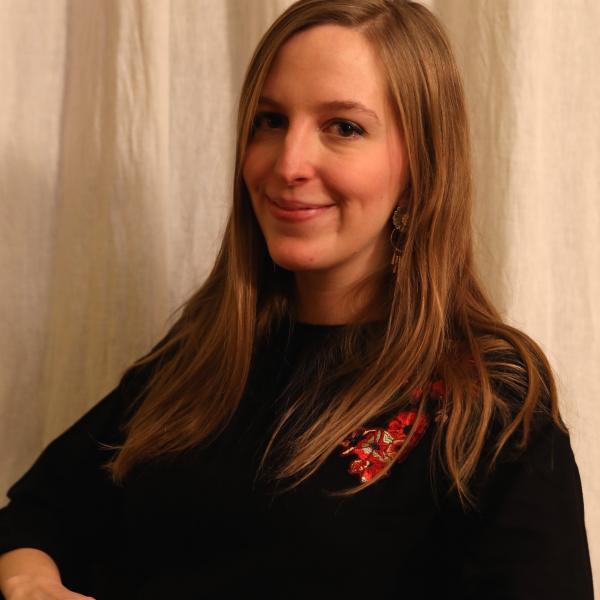
Lola Rémy
Lola Rémy is a postdoctoral fellow at McGill University, Montreal. Her project recenters women’s affective and gendered labour in experimental film archives. Her work on archives has been published in NECSUS European Journal of Media Studies, Frames Cinema Journal, and Synoptique, An Online Journal of Film and Moving Image Studies.
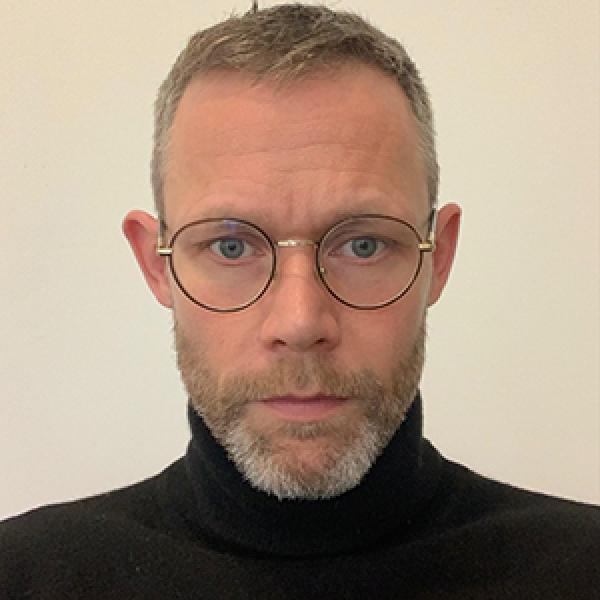
Markus Ruff
Markus Ruff studied Visual Communication and Art and Media at the University of the Arts in Berlin and at the Universidad del Cine in Buenos Aires (2002–10). Since 2011, he has been section head of archival projects at Arsenal – Institute for Film and Video Art, leading film digitization and restoration projects.
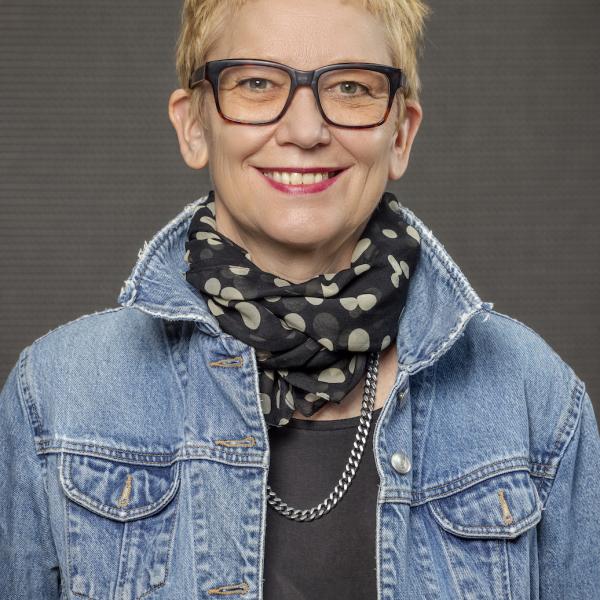
Stefanie Schulte Strathaus
Stefanie Schulte Strathaus is the artistic director of Arsenal Institut für Film und Videokunst Berlin e.V. She was the founding director of Forum Expanded and has directed multiple international projects on marginal archives, including “Living Archive” and “Archive außer sich”. In 2021 she launched the #ArchivalAssembly festival.
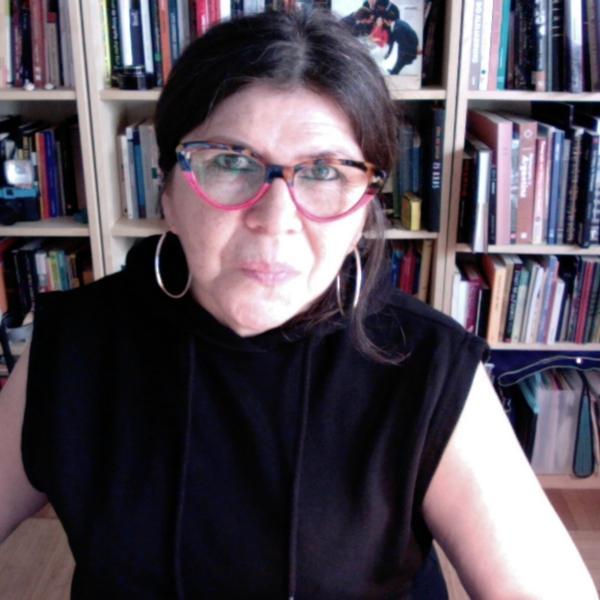
Juana Suárez
Latin American cinema scholar, and archivist, working on Film and Media Archives, Media Archeology, Administration of Memory Institutions, Latin American/Latino-a Cinema, Cultural Studies and Literature, Women's and Gender Studies, and Immigration Studies.
Eliza Steinbock
Eliza Steinbock (they/them) is Full Professor and Chair in Transgender Studies, Art and Cultural Activism and director of the research platform Centre for Gender and Diversity at the Faculty of Arts and Social Sciences at Maastricht University. Their most recent open access volume is The Critical Visitor: Changing Heritage Practices (2023).
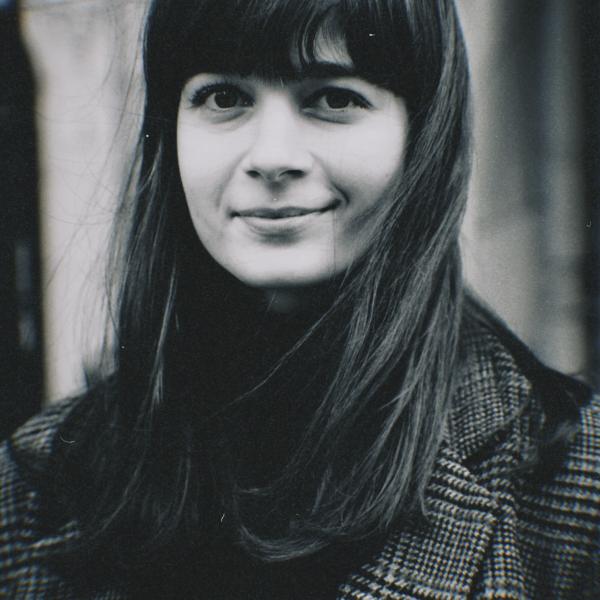
Lucy Szemetová
Lucy Szemetová is a PhD student at the Department of Film Studies, University of St Andrews. Her research interrogates memory politics and audio-visual archives, with a particular focus on archival remix in Hungarian documentary films. She has previously worked at the Open Society Archives and the Hungarian National Film Archive.
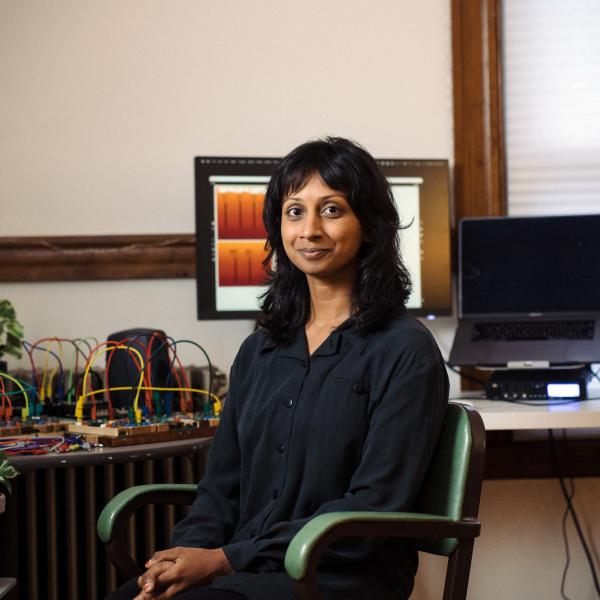
Asha Tamirisa
Asha Tamirisa is an artist and researcher who works with sound and video in performance and installation. Asha holds a Ph.D. in Computer Music and Multimedia and an M.A. in Modern Culture and Media from Brown University and has taught at Street Level Youth Media, Brown University, RISD, and Bates College.
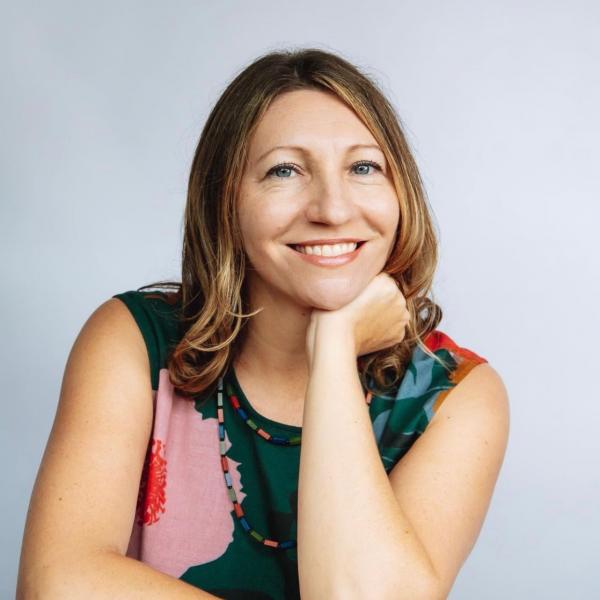
Kimberly Tarr
Kimberly Tarr is a Visiting Assistant Professor in the Martin Scorsese Department of Cinema Studies and serves as the Associate Director of the Moving Image Archiving and Preservation (MIAP) program at NYU. Her current research focuses on community-produced media, amateur travel film, and archival pedagogy.
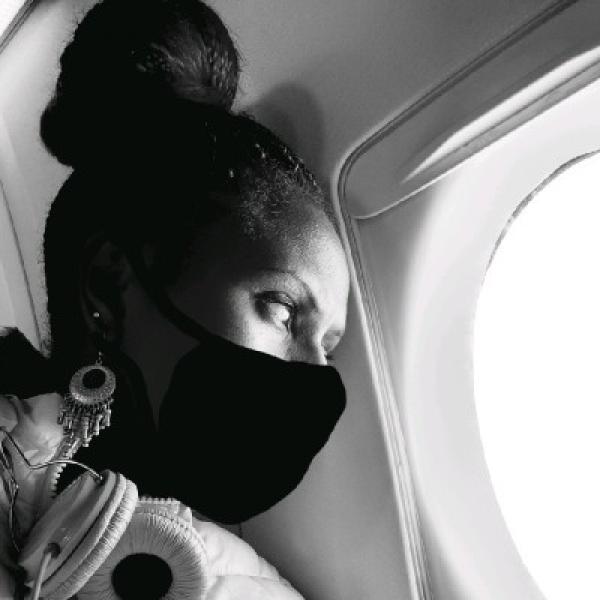
Michelle Toro
I was taught the art of Filmmaking at the National Film Institute by world-renowned documentary filmmaker Chris Owen. I have now served the government for 12 years. I would like to use film to educate our people. I am 100% sure film will improve the literacy rate and the economy of Papua New Guinea, and more. So, we at the NFI are working hard to get the place in order so that we can begin this great work.
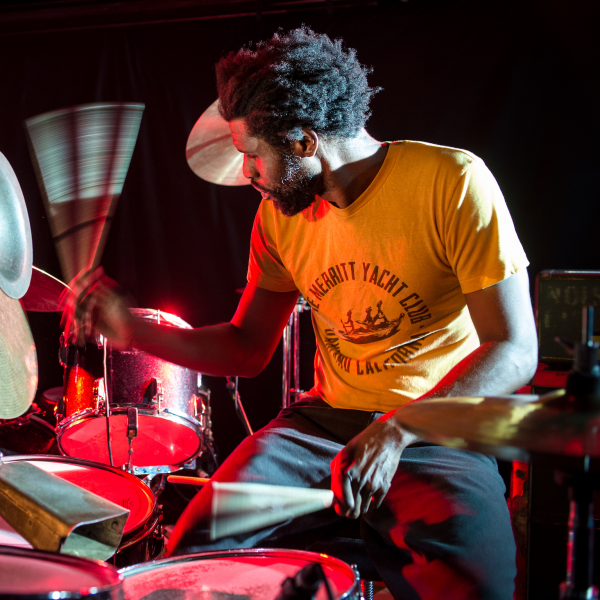
Marshall Trammell
Marshall Trammell (Music Research Strategies) is a research-artist conducting Performing Cultural Protocols through Experimental/Critical Improvised Music and the interculturally-situated, Improvisations of Displaced Persons digital archive and the compendium Refugee Knowledge Context field study. He can be heard in “Black Spirituals,” “White People Killed Them,” “On Defense Of Memory,” and other formations.
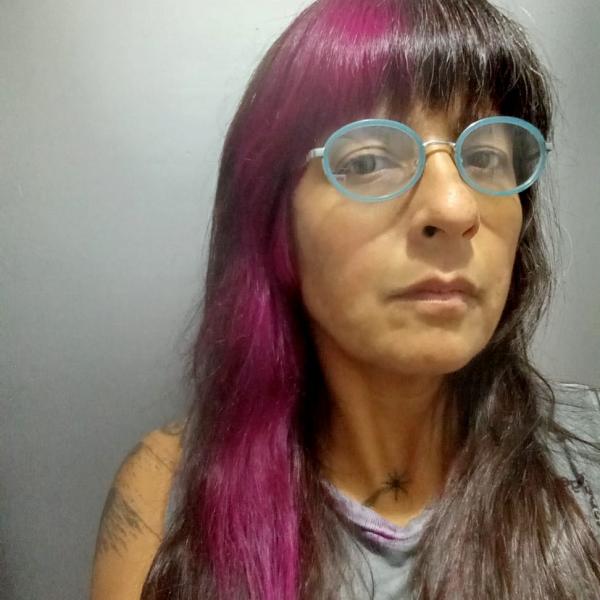
Lorena Best Urday
Lorena Best Urday is a self-taught filmmaker (co-director of the films “A punto de Despegar” and “Las Lecturas”). She is part of the preservation project of Peruvian filmmaker María Barea. She teaches at the Audiovisual Faculty of the UPC. With Isabel Seguí, she is developing the Archivo Reversible (women's non-fiction filmmakers in Peru 1970-2020).
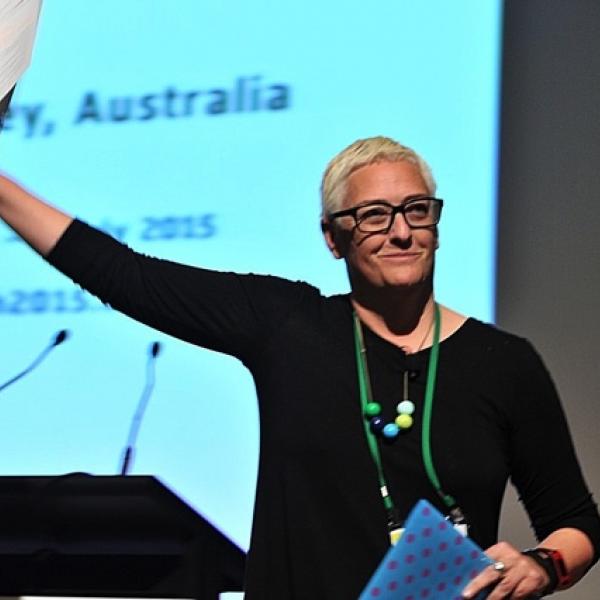
Deb Verhoeven
Deb Verhoeven is Canada Research Chair in Gender and Cultural Informatics at the University of Alberta and Director of the Kinomatics Lab. Her research focusses on aspirational archival infrastructure, big cultural data, vernacular ontologies and the temporality of the apocalypse. Deb was inaugural Deputy Chair of the National FIlm and Sound Archive of Australia (2008-2011), CEO of the Australian Film Institute and currently serves on the board of CANARIE (Canada’s peak digital research infrastructure provider) and the Humanities Network Infrastructure initiative: http://huni.net.au debverhoeven.com
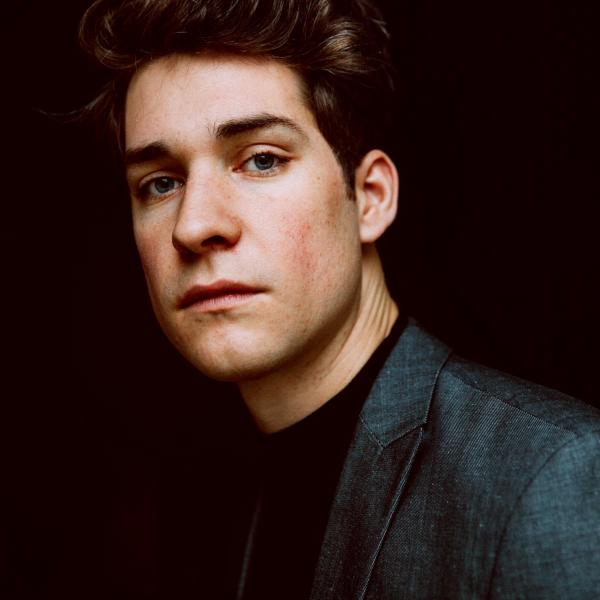
Sandro Weilenmann
Sandro Weilenmann is a postdoc researcher at Maastricht University. He is an art historian currently working on artistic participation in queer and trans archives. His publication The Present Voice: Vocal Experiments in the Works of Adrian Piper, VALIE EXPORT, and Yvonne Rainer, will appear in Fall 2024.
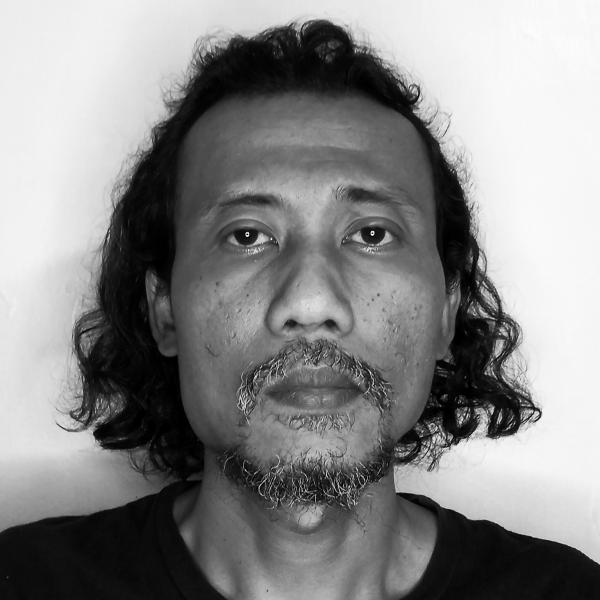
Mahardika Yudha
Mahardika Yudha is an artist, filmmaker, and curator. His activities gravitate around organizational pursuit, be it mediating, facilitating, or curating. Heavily interested in history, he often jumps back and forth between tracing, collecting, and processing the findings to various artistic outputs, such as Kultursinema—an exhibition program of Arkipel, Jakarta International Documentary and Experimental Film festival; and time-based media works ranging from video, documentary, and installation. His works have been exhibited in Videobrasil, Singapore Biennale, SeMA Mediacity Biennale Seoul, Yamagata International Documentary Film Festival, Kasseler Dokfest, and International Film Festival Rotterdam.
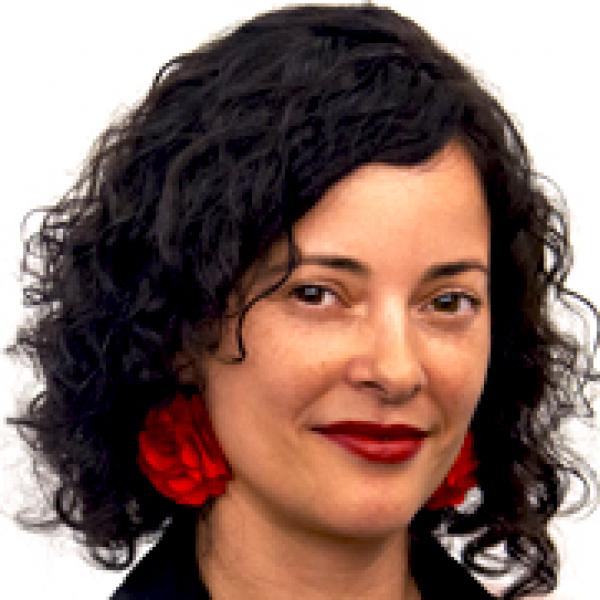
Zaira Zarza
Zaira Zarza is an Assistant Professor in the Department of Art History and Film Studies at Université de Montréal. She obtained her Ph.D. in Cultural Studies at Queen’s University and holds a Bachelor’s and a Master’s degree in Art History from the University of Havana. She was a Killam Postdoctoral Fellow at the University of Alberta and a Cinema and Media Arts Sessional Assistant Professor at York University. As a programmer, she has worked at the Toronto (TIFF) and Cartagena (FICCI) international film festivals. She also directed the Latin American Studies Association (LASA) Film Festival, Boston, 2019. Zarza founded Roots and Routes (2015-present), a project that promotes film and media works by Cubans in the diaspora and published the book Caminos del cine brasileño contemporáneo (Ediciones ICAIC 2010). Her current SSHRC-funded project focuses on Latin American documentary activism. Other research includes Latinx-Canadian cinemas and the economies of Caribbean film.

